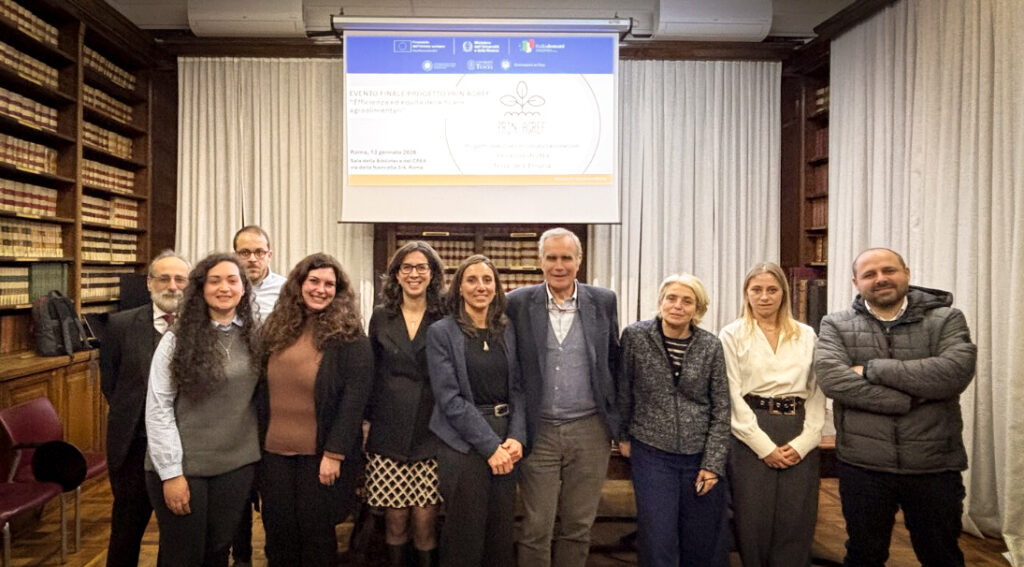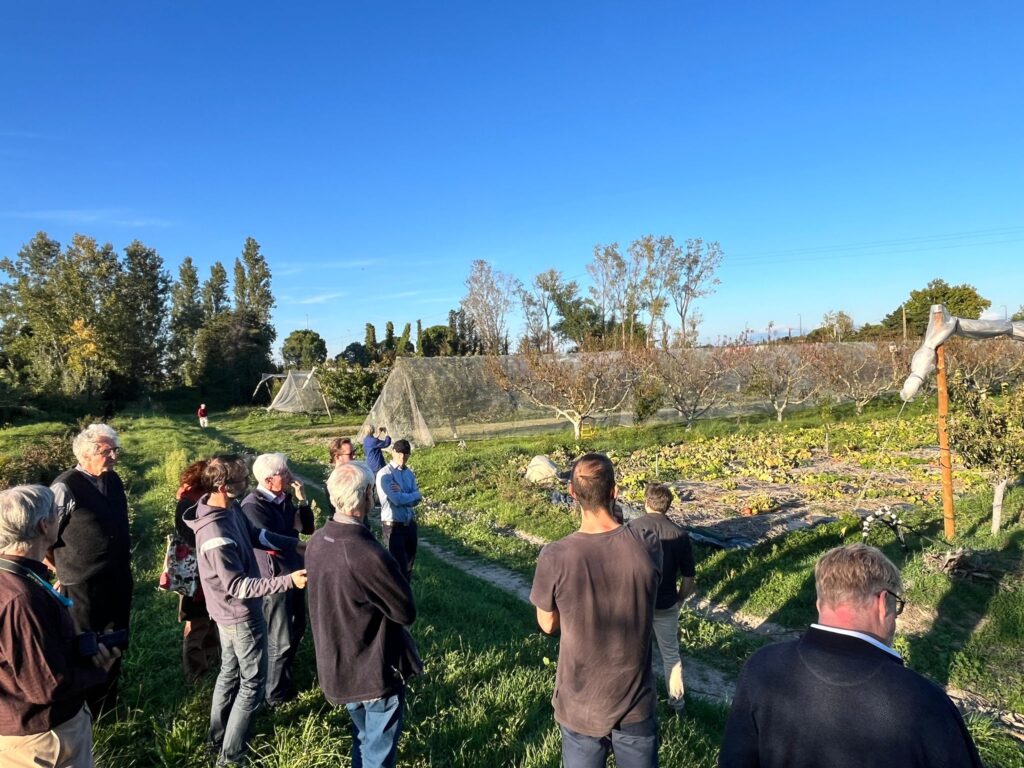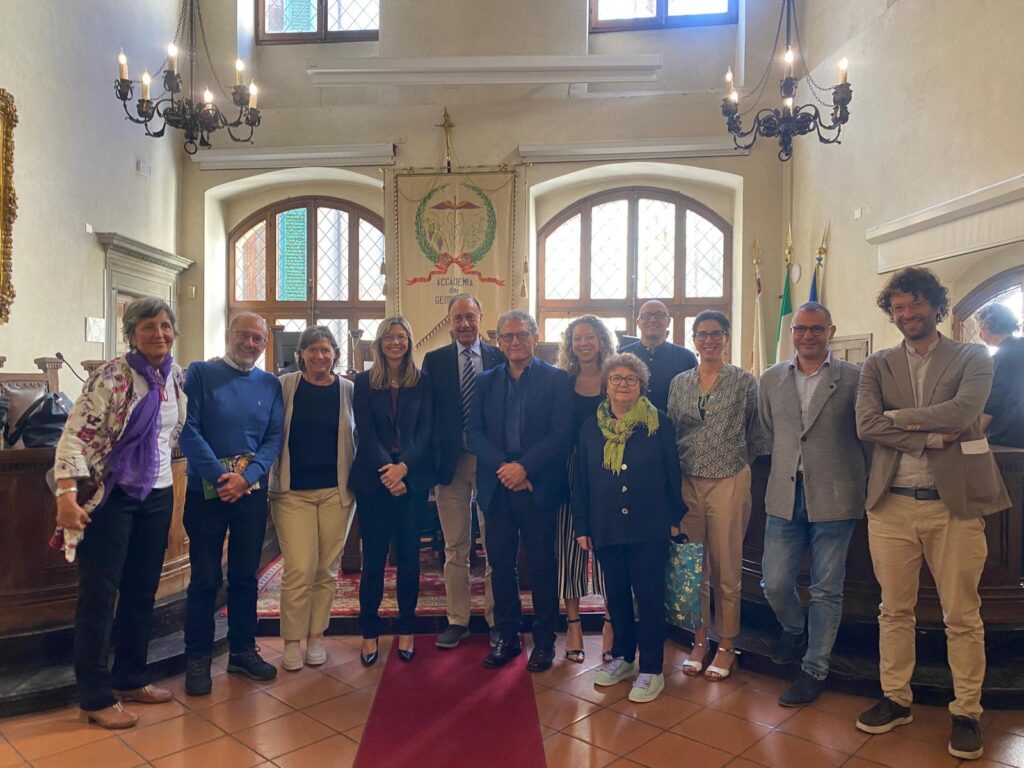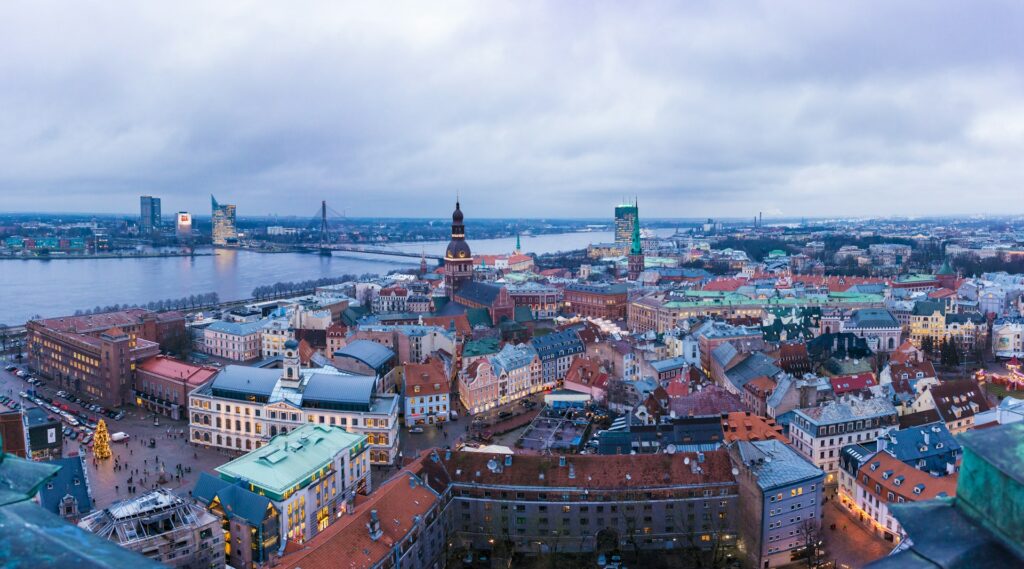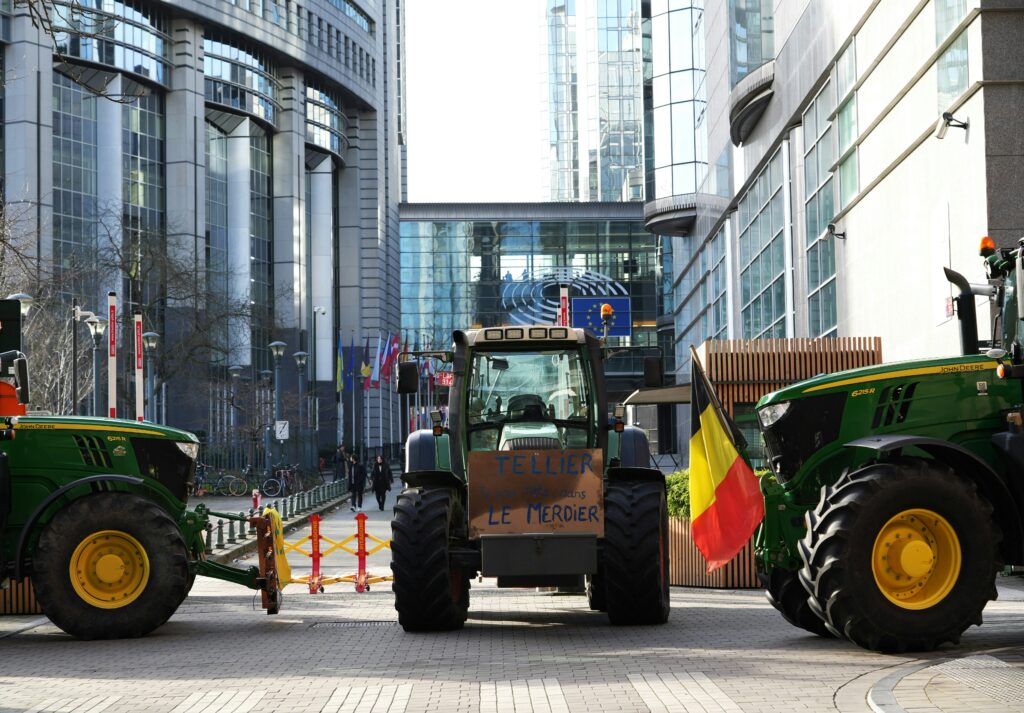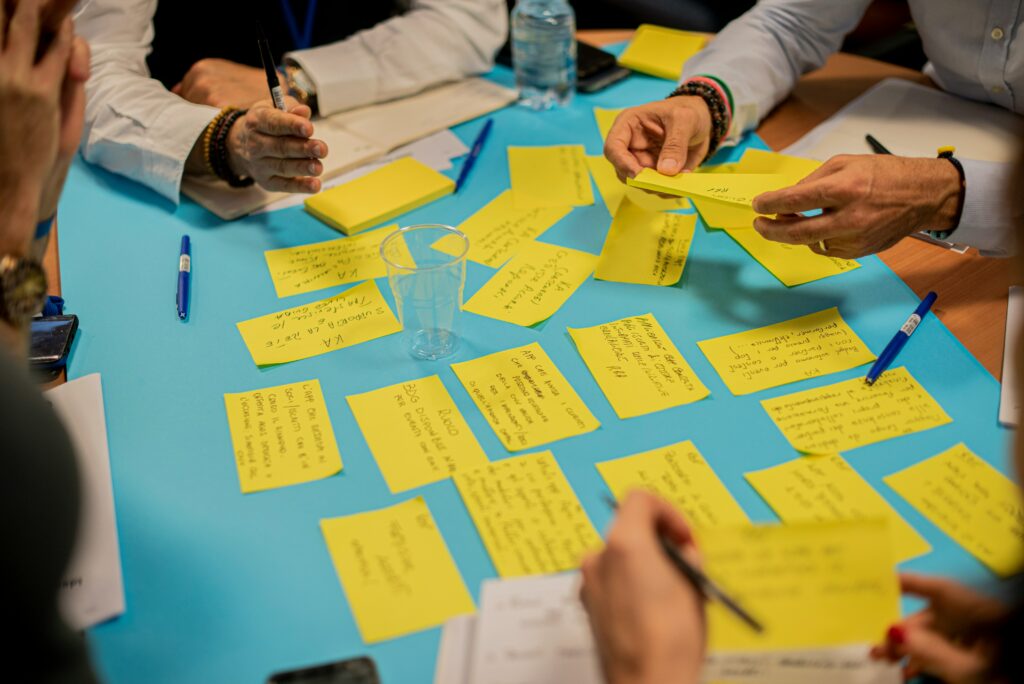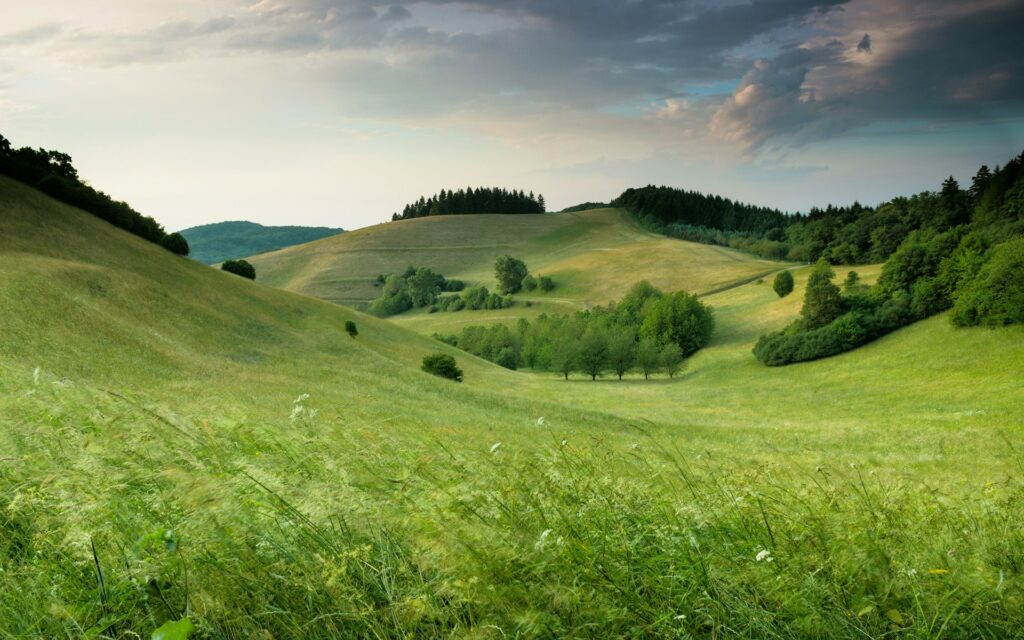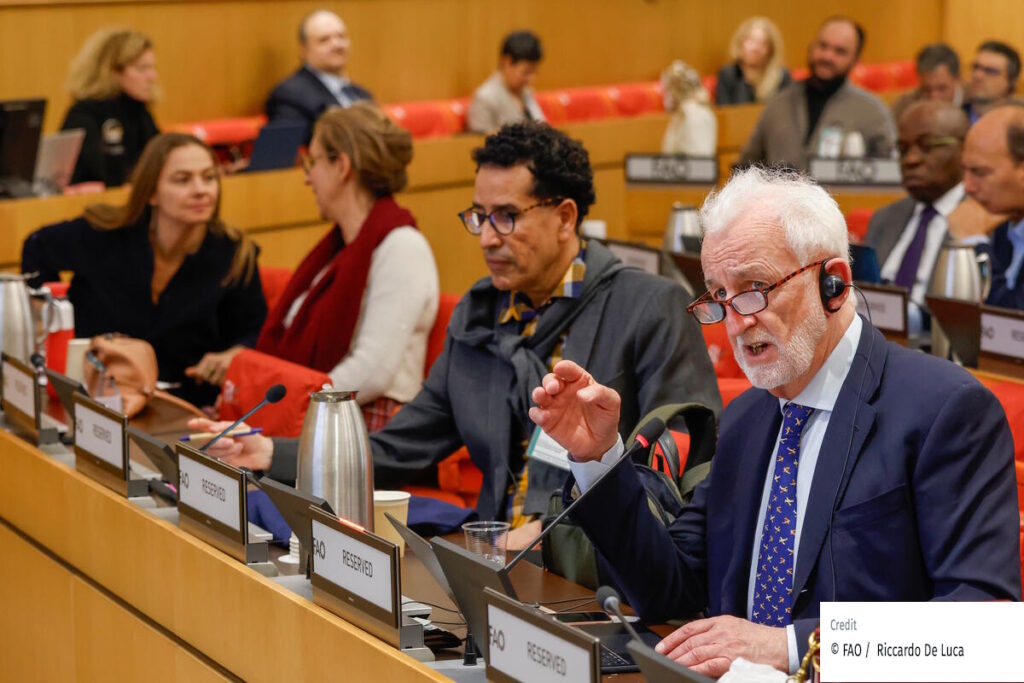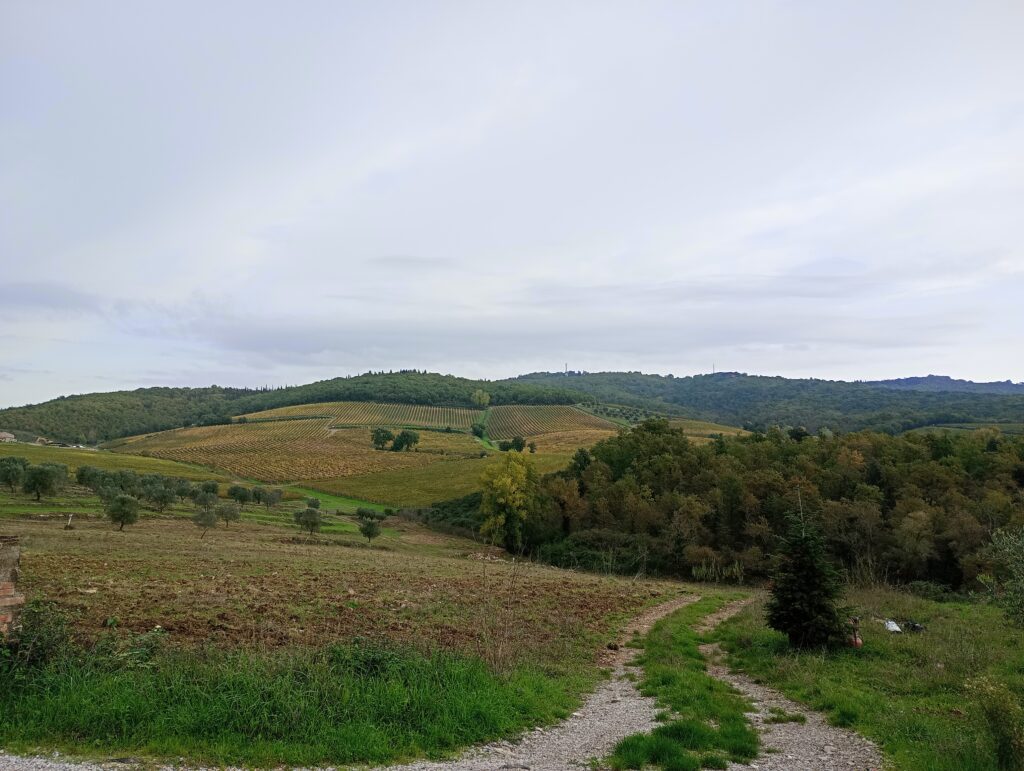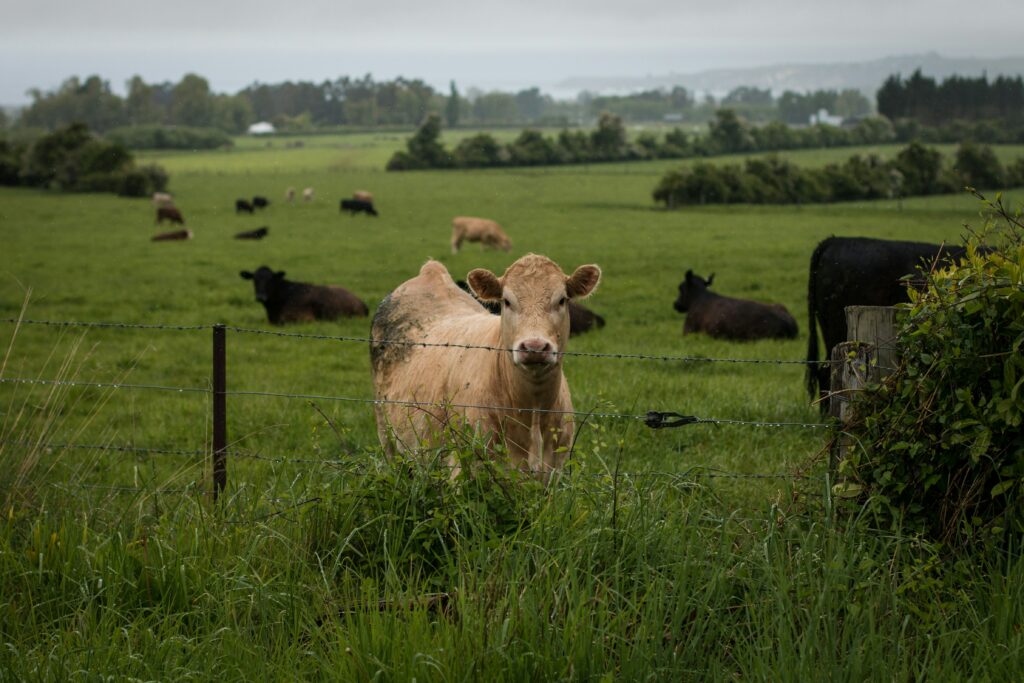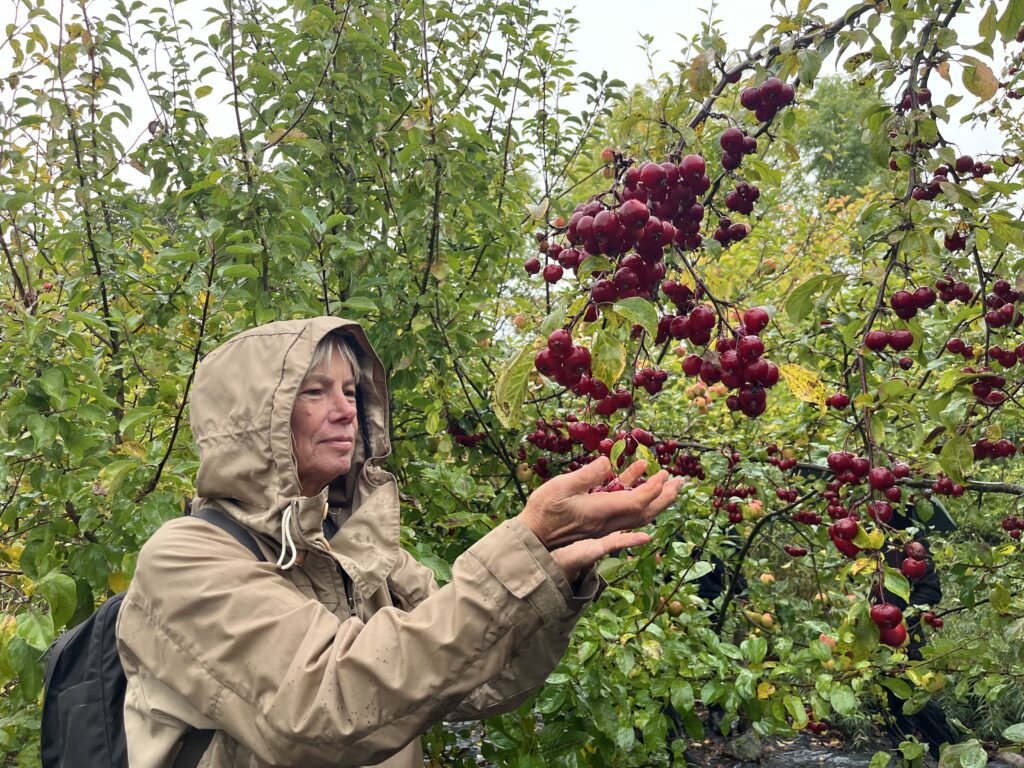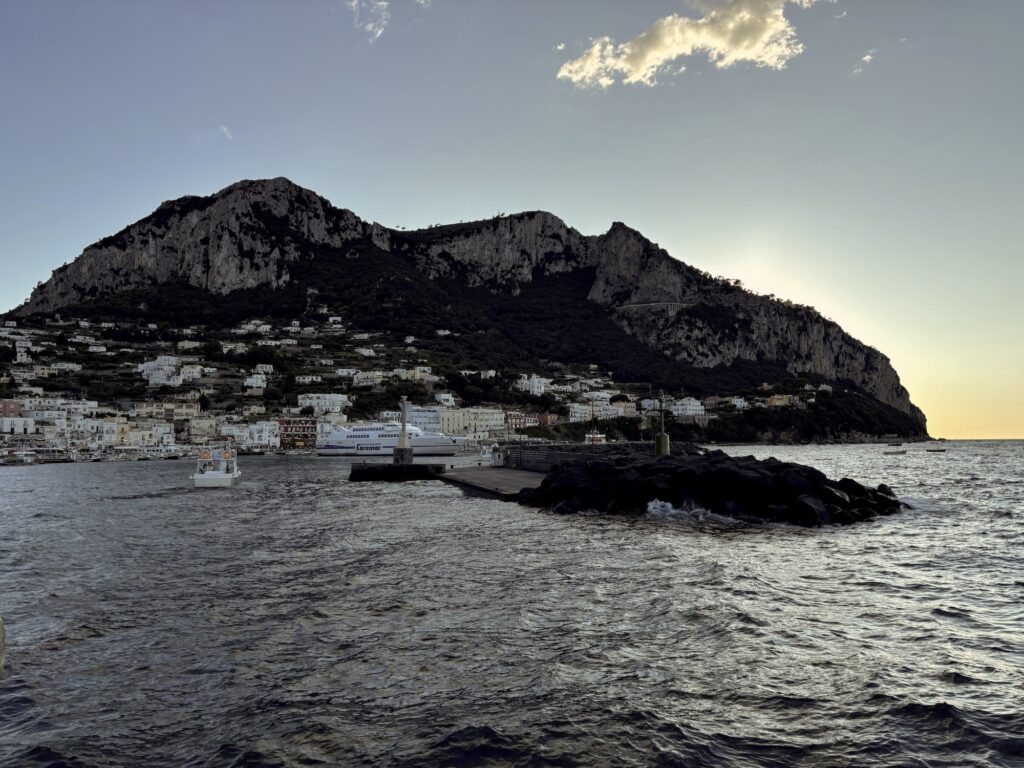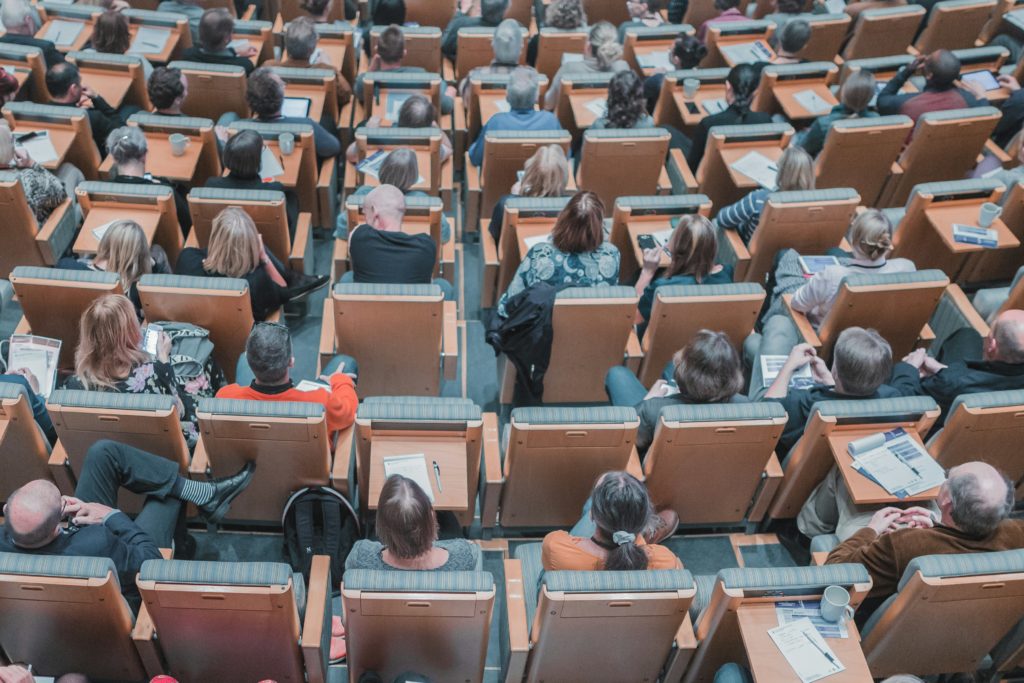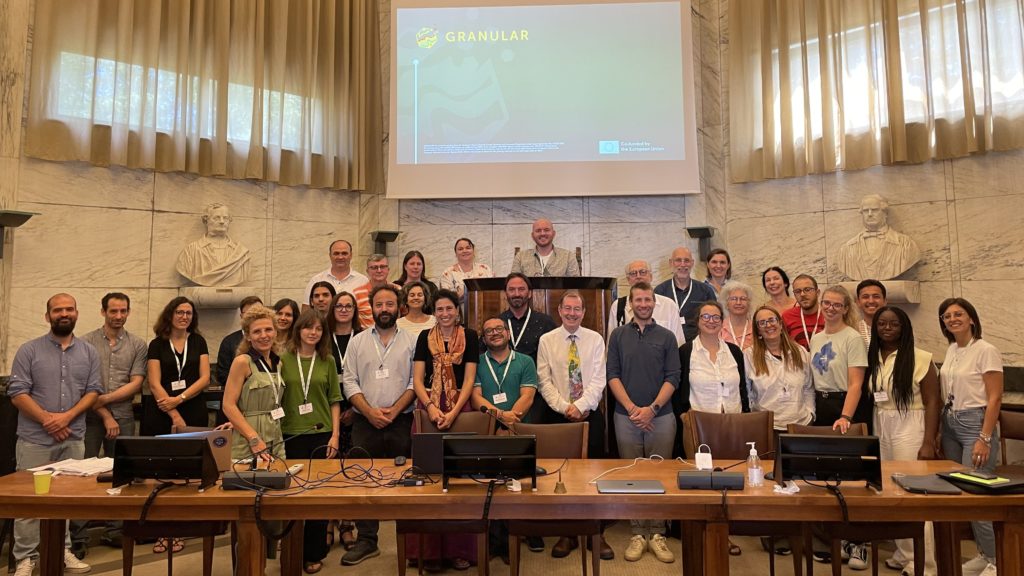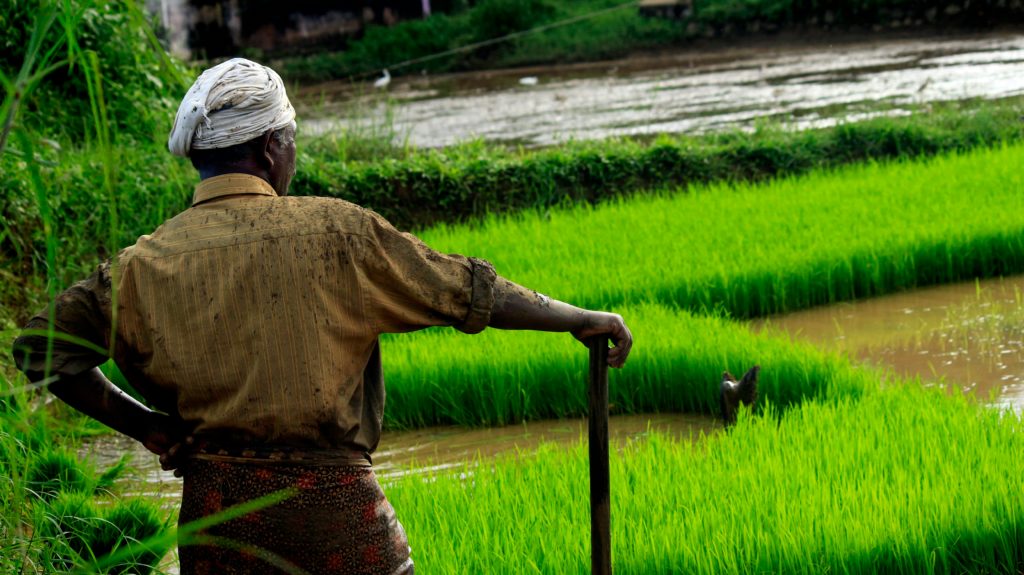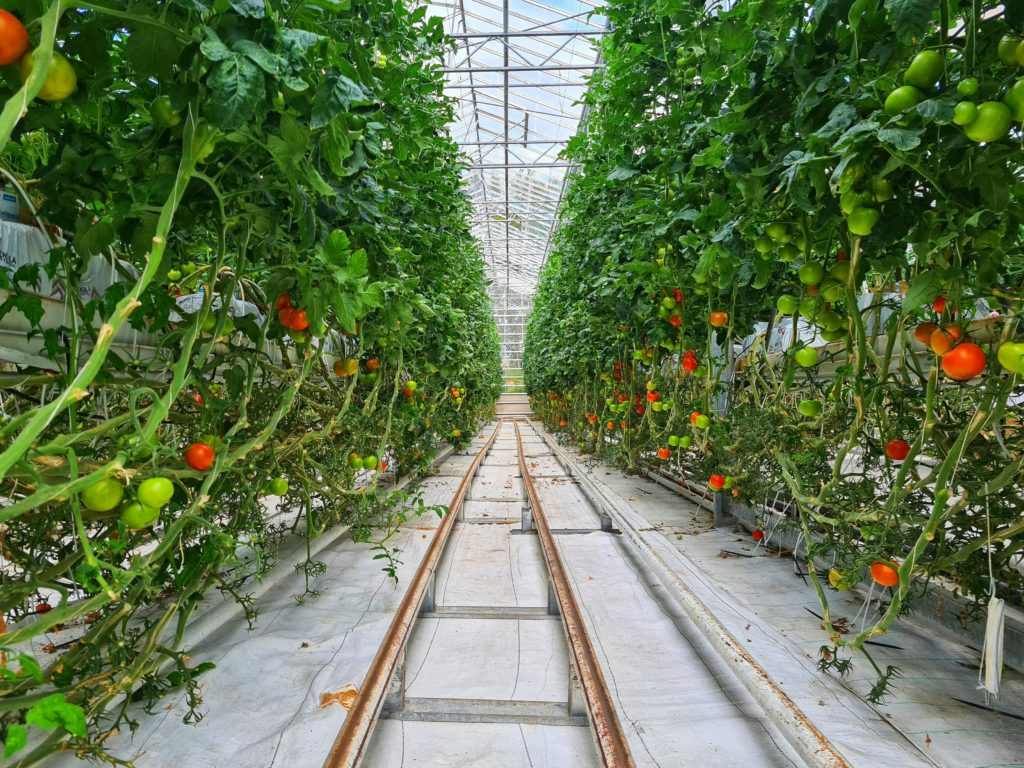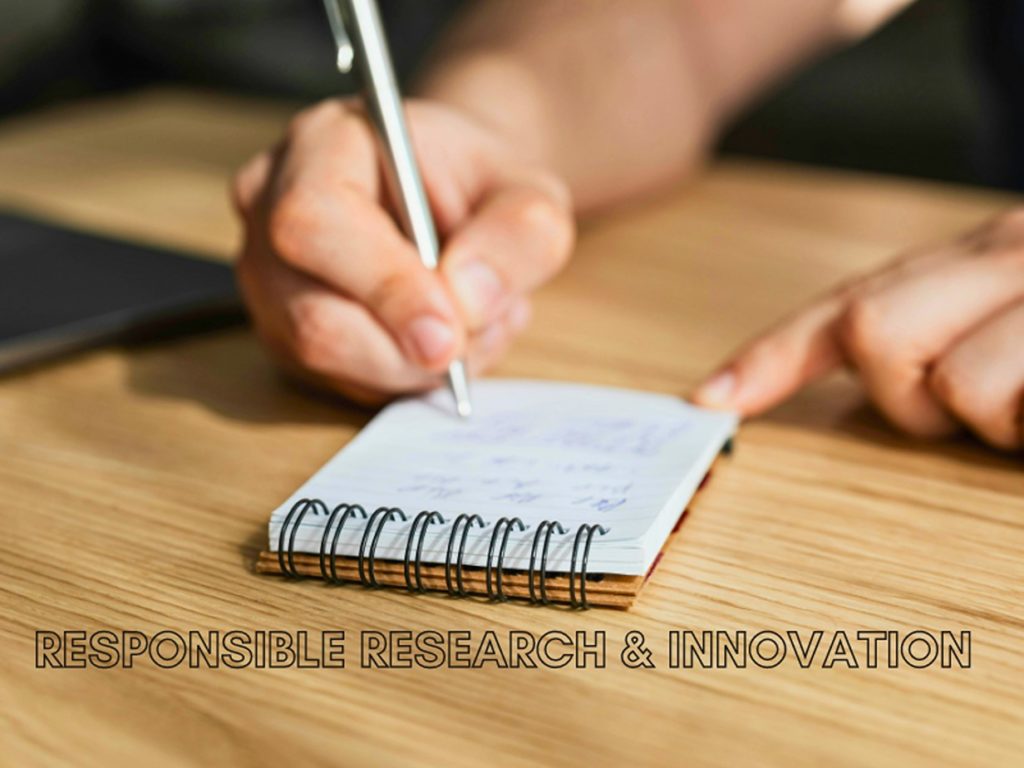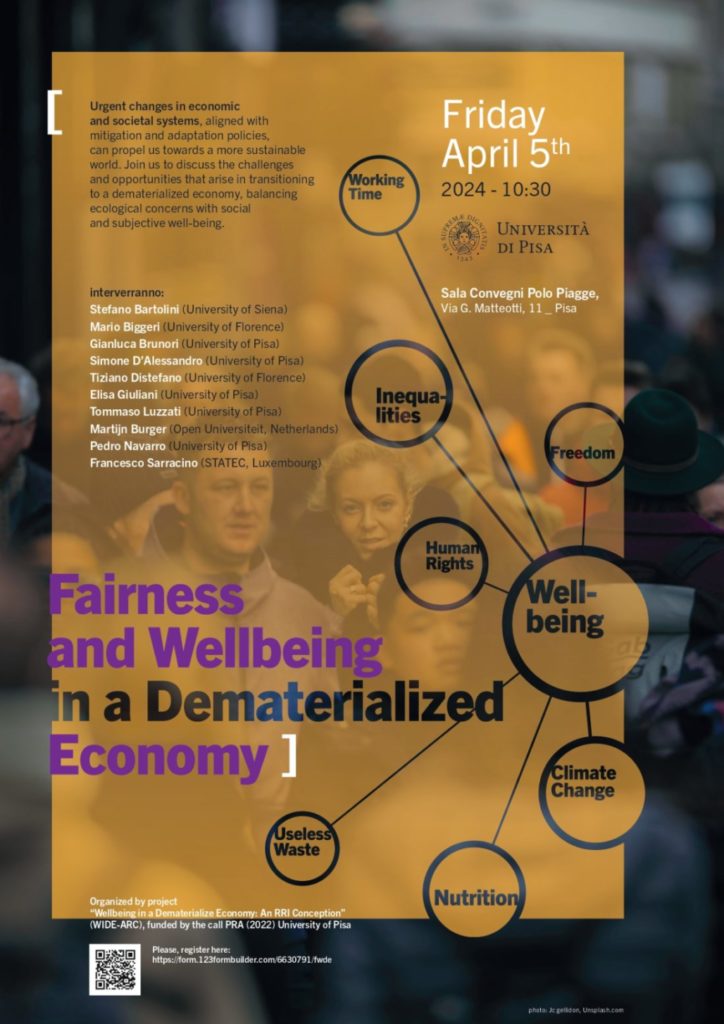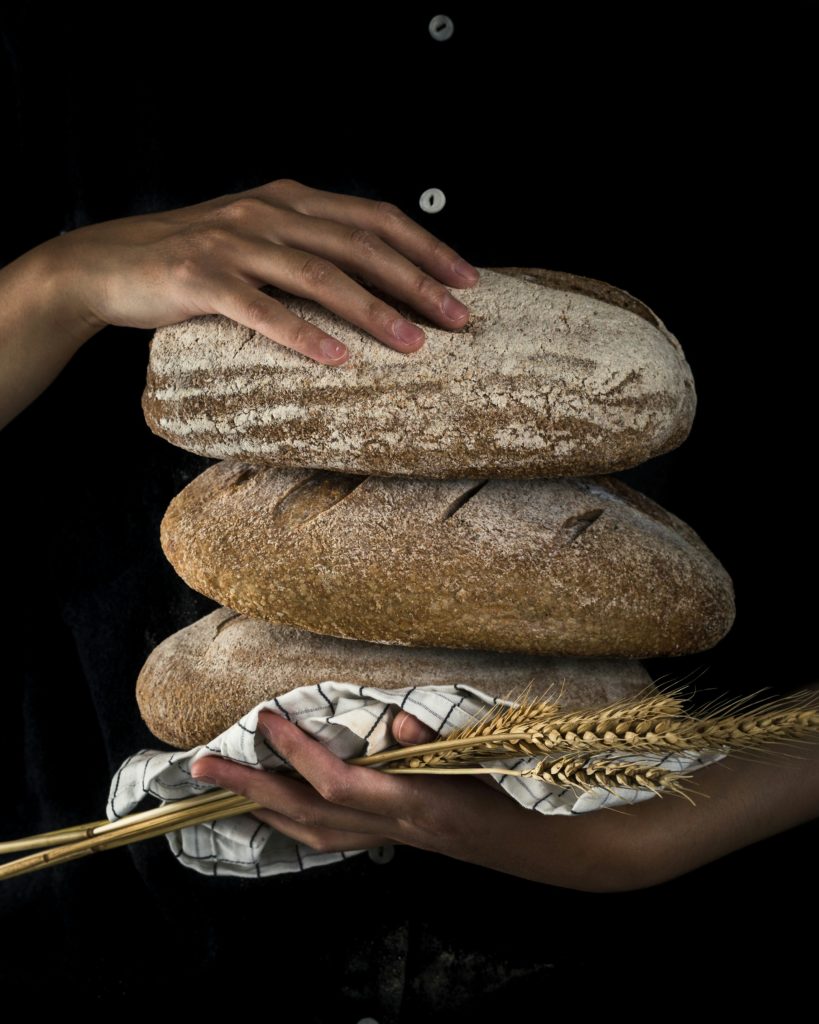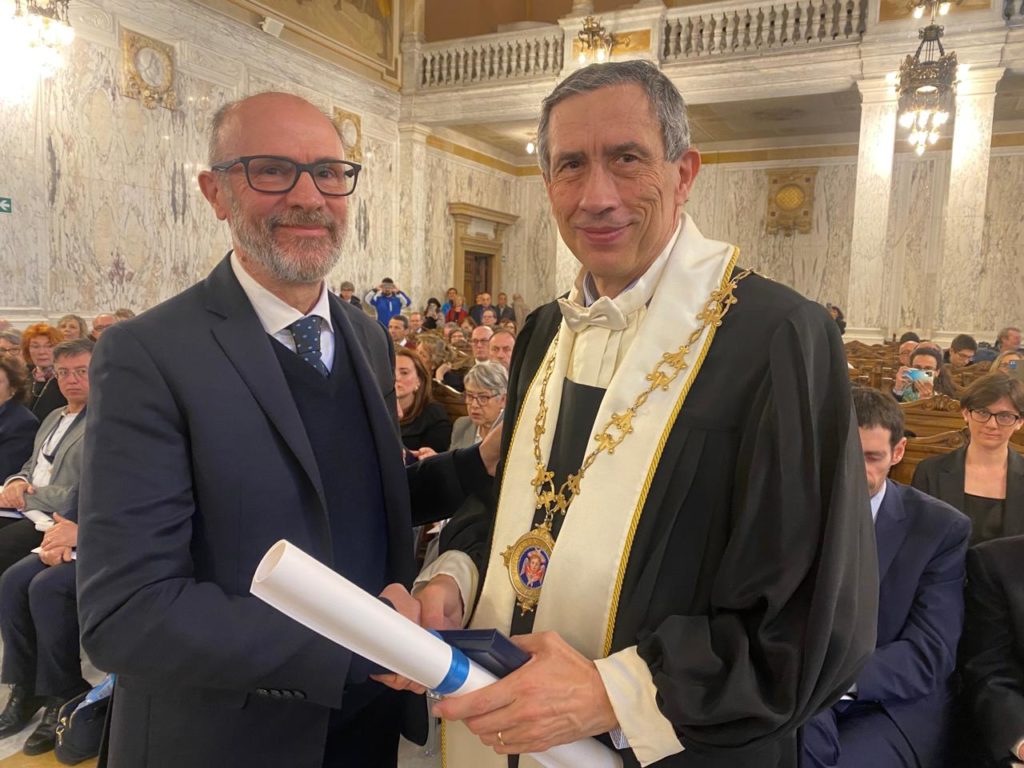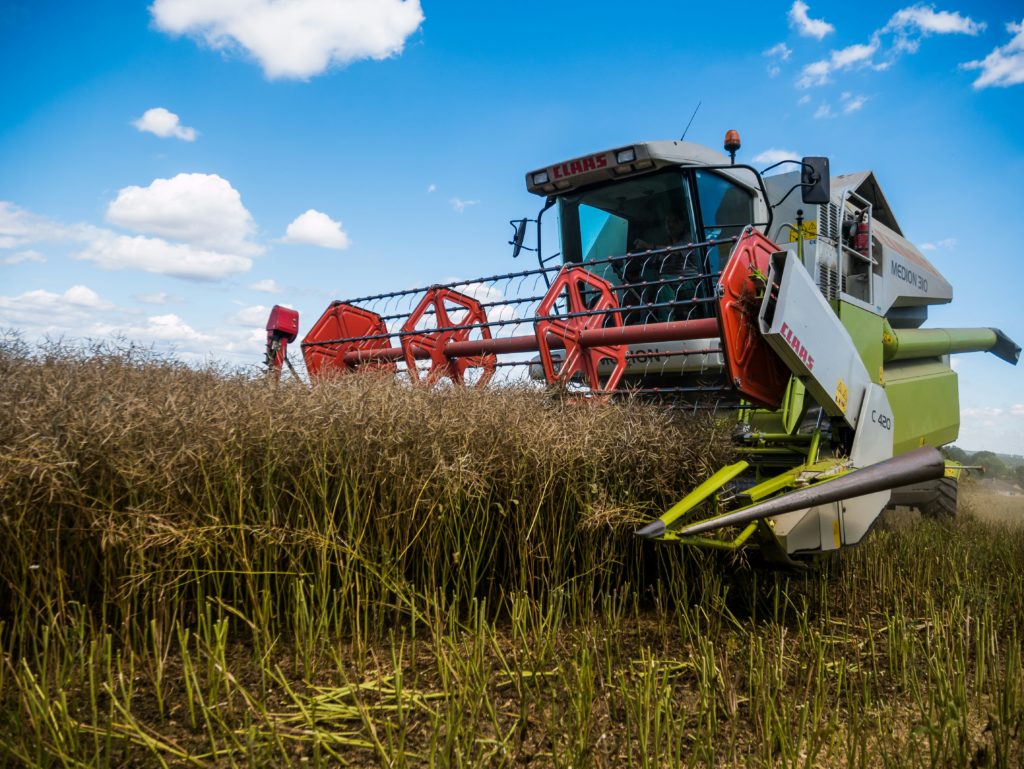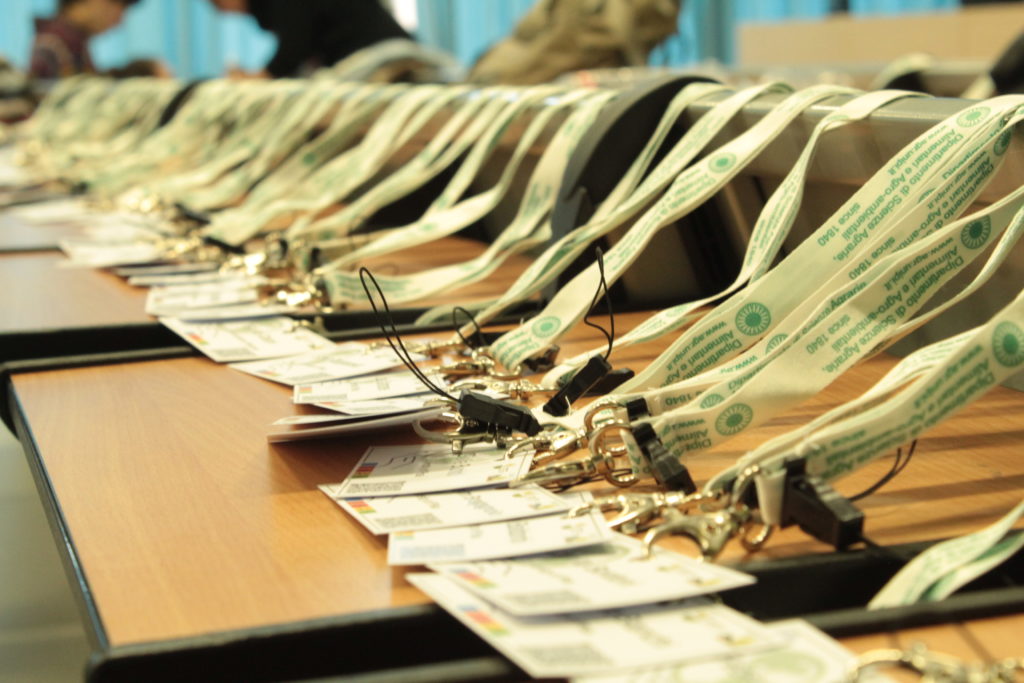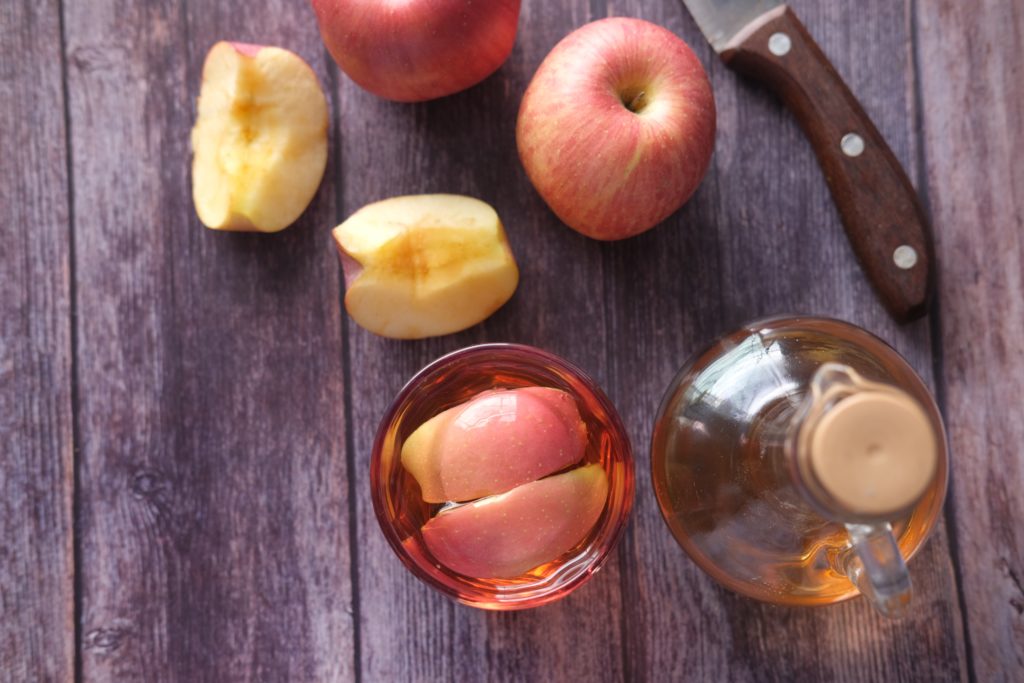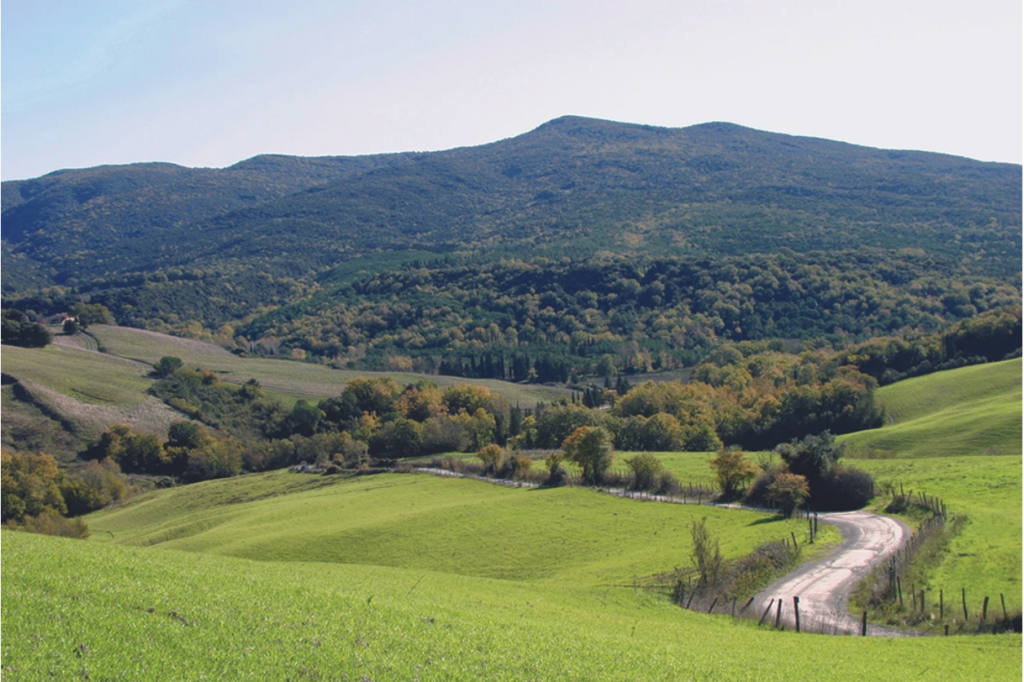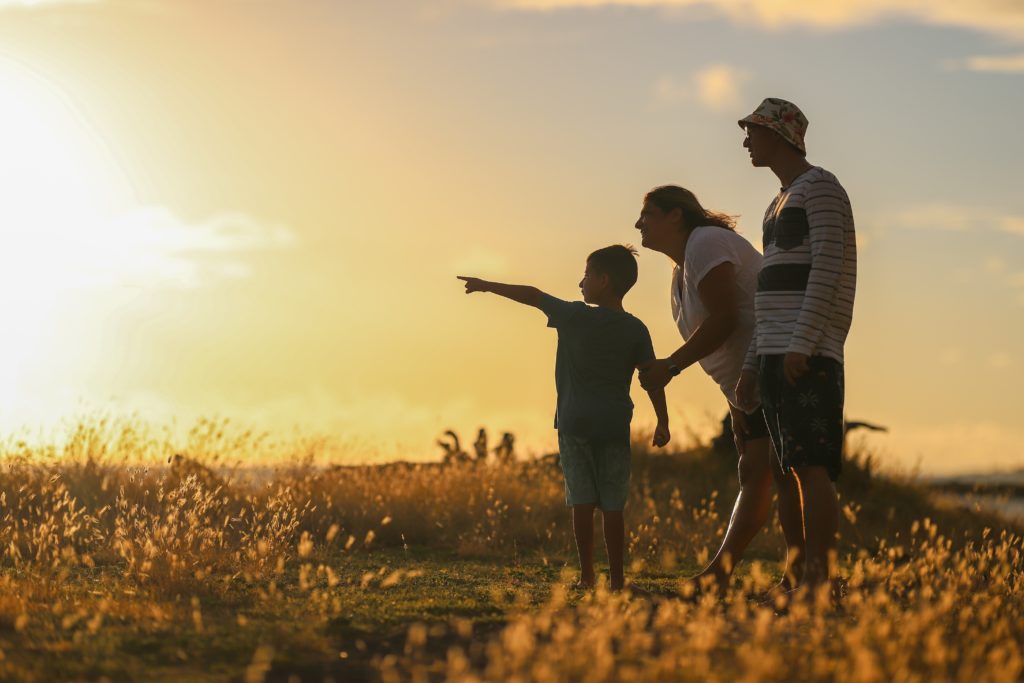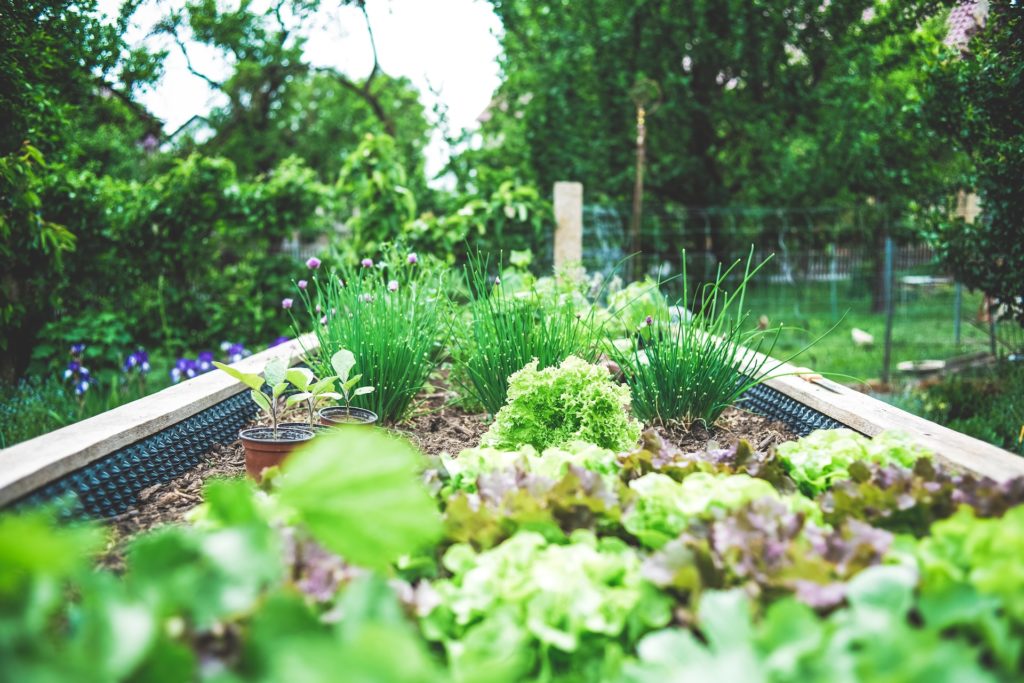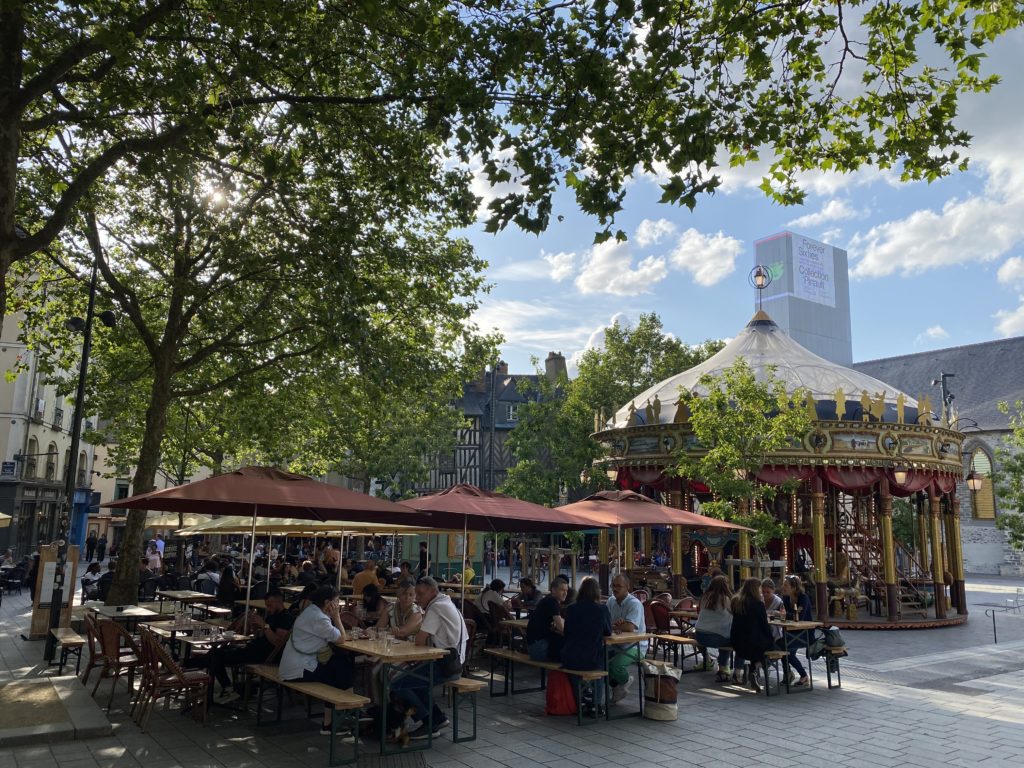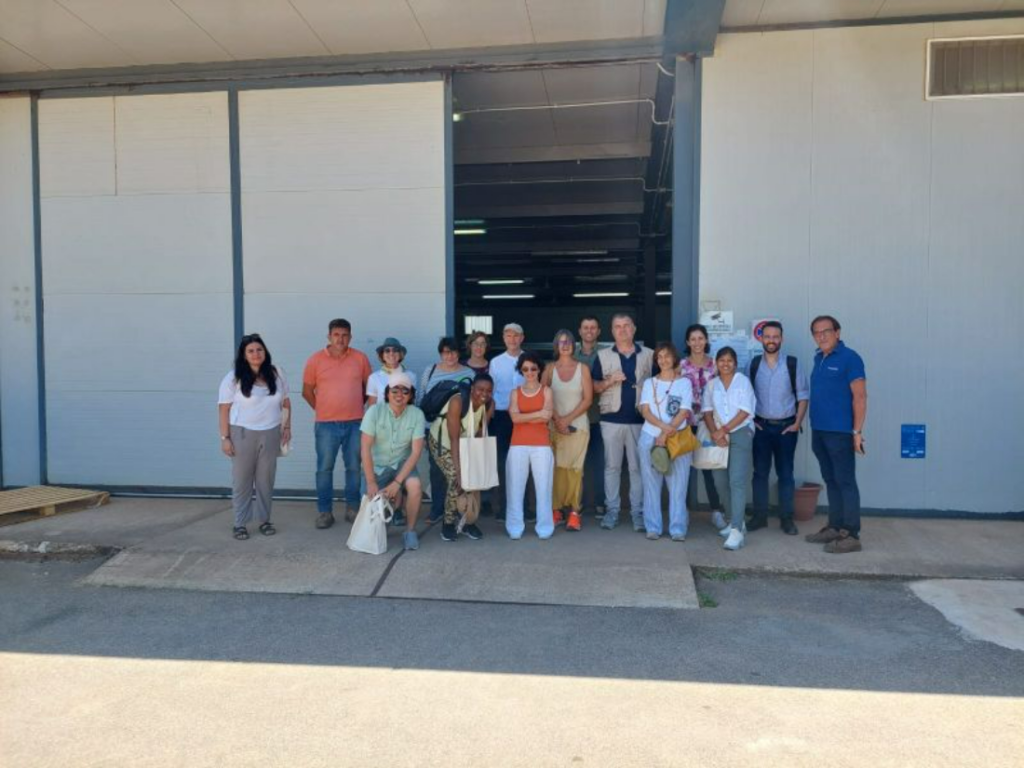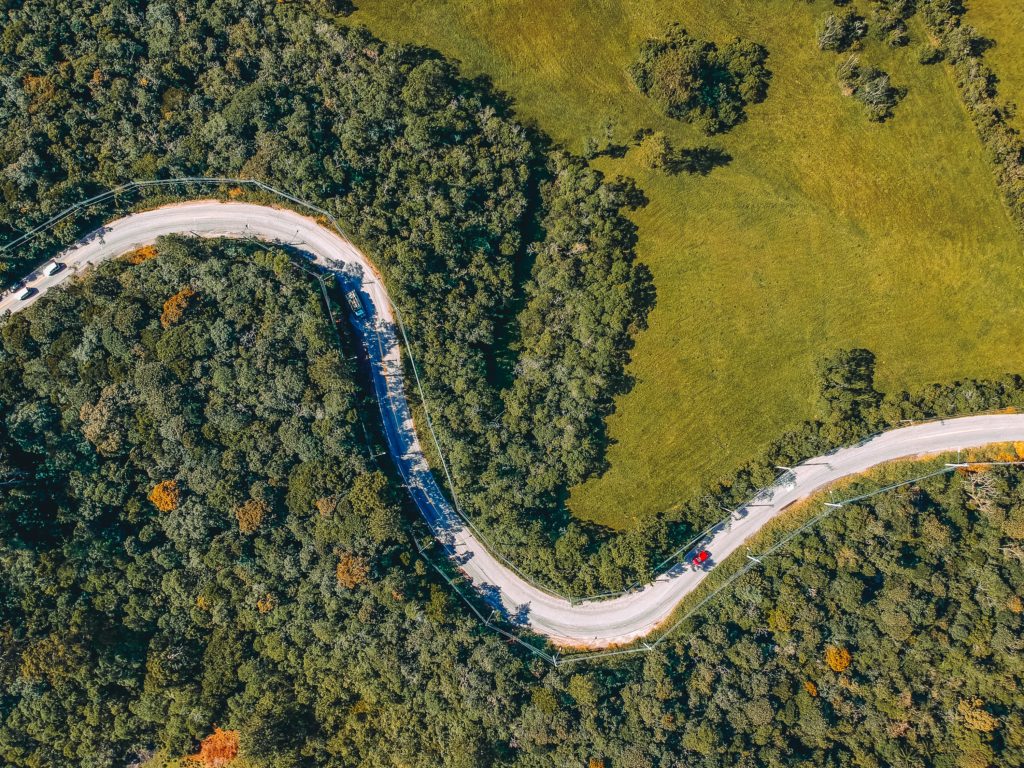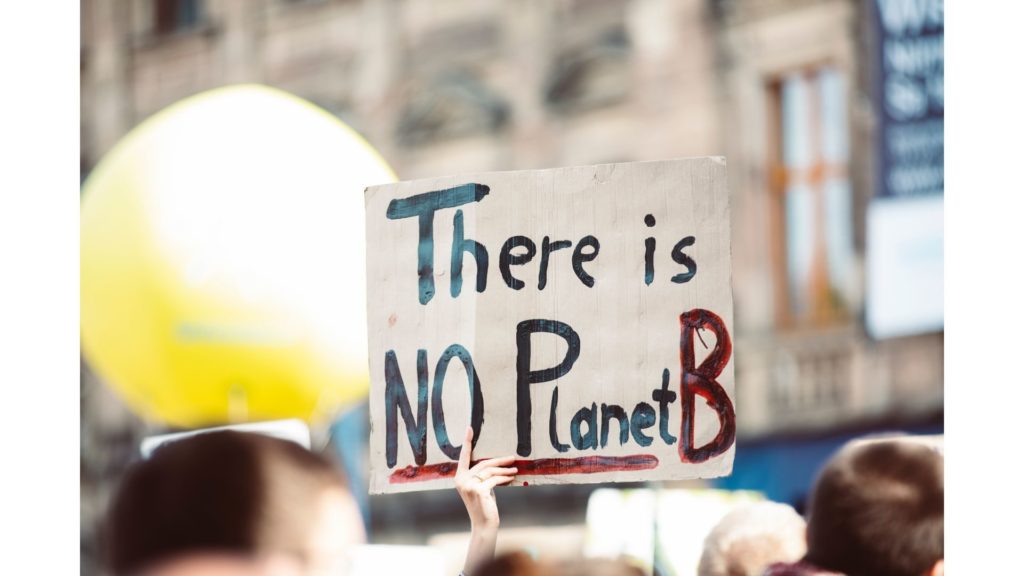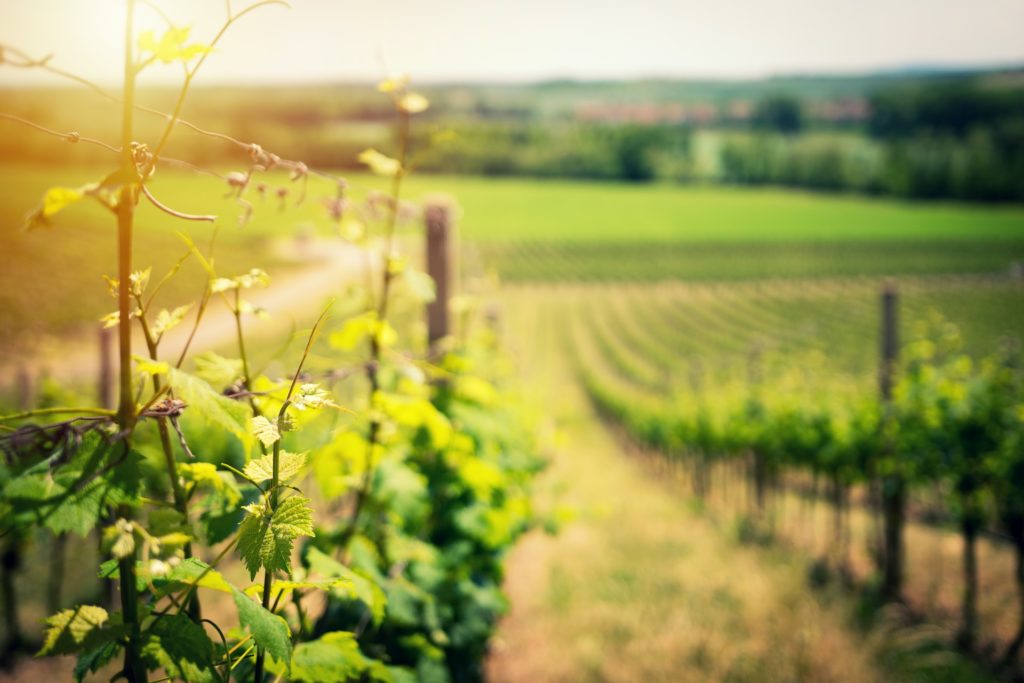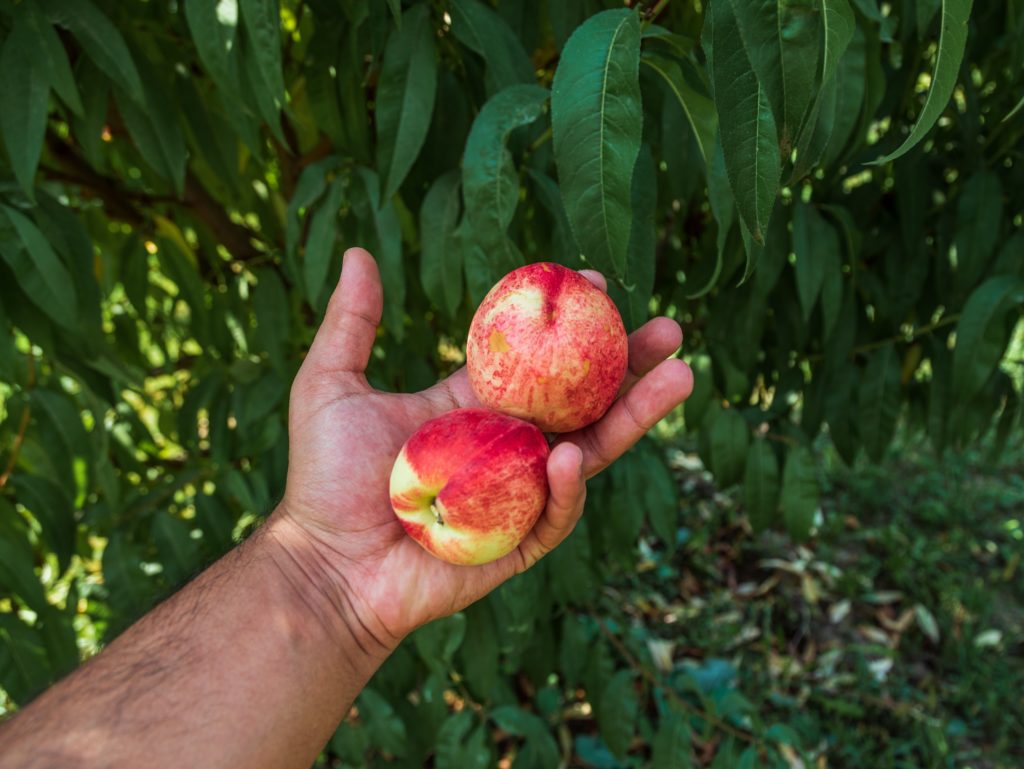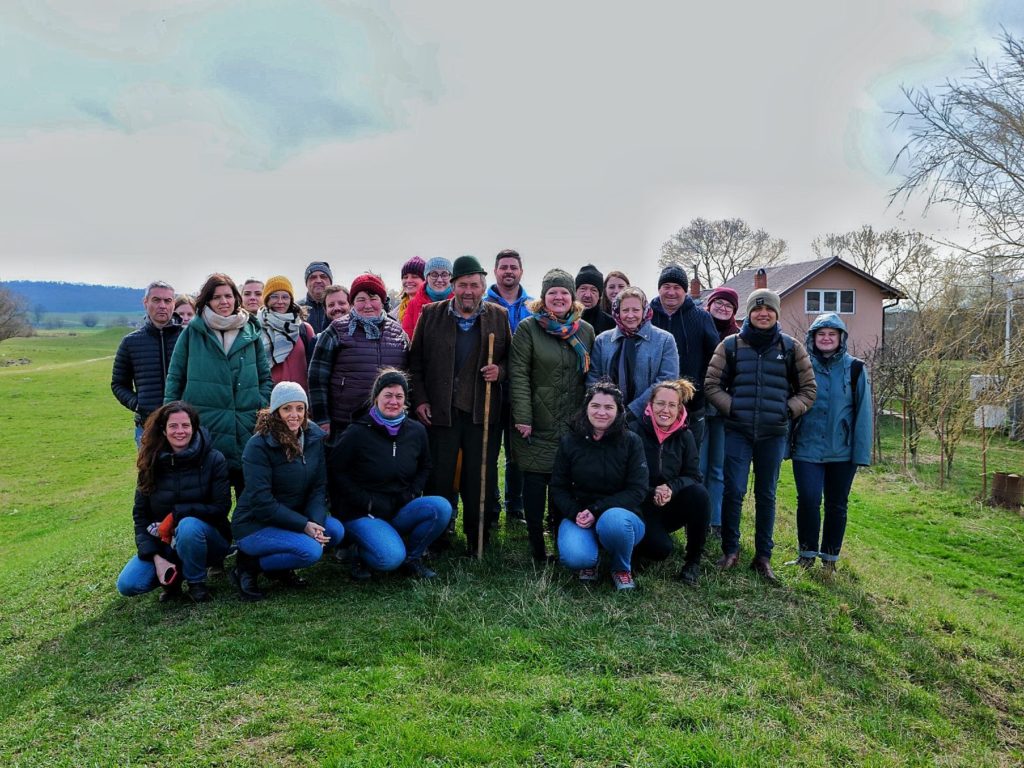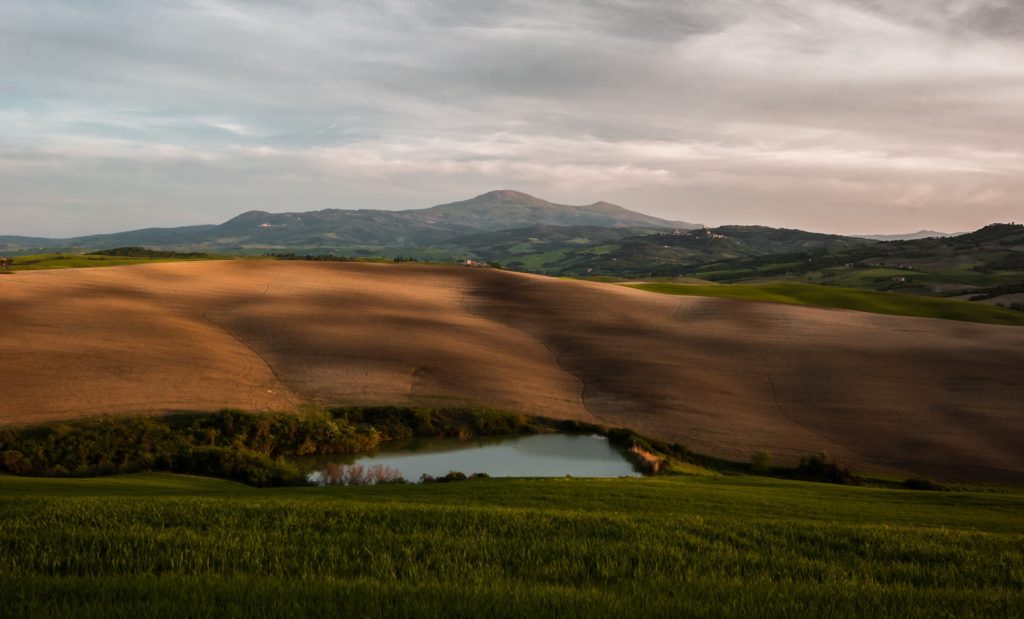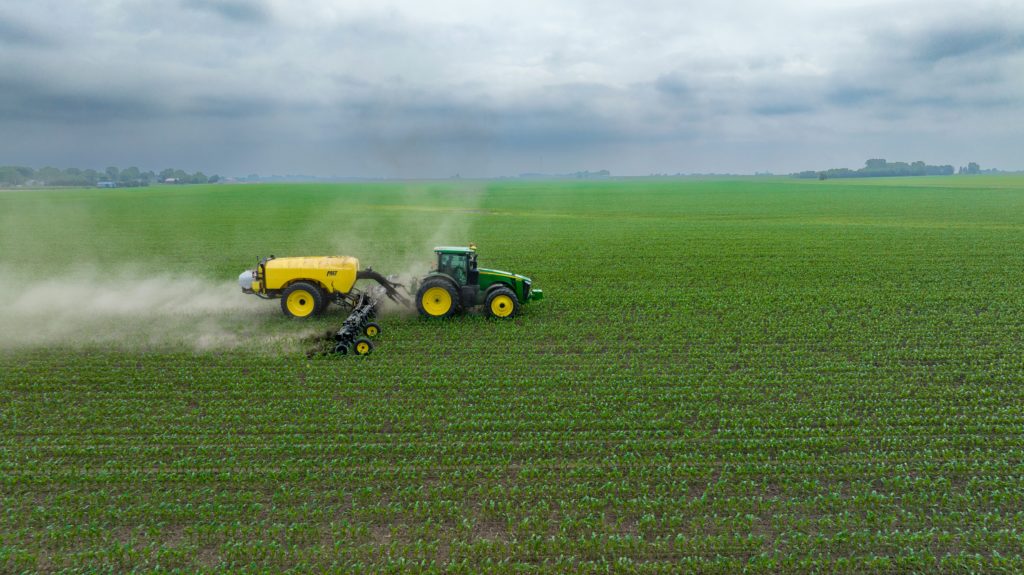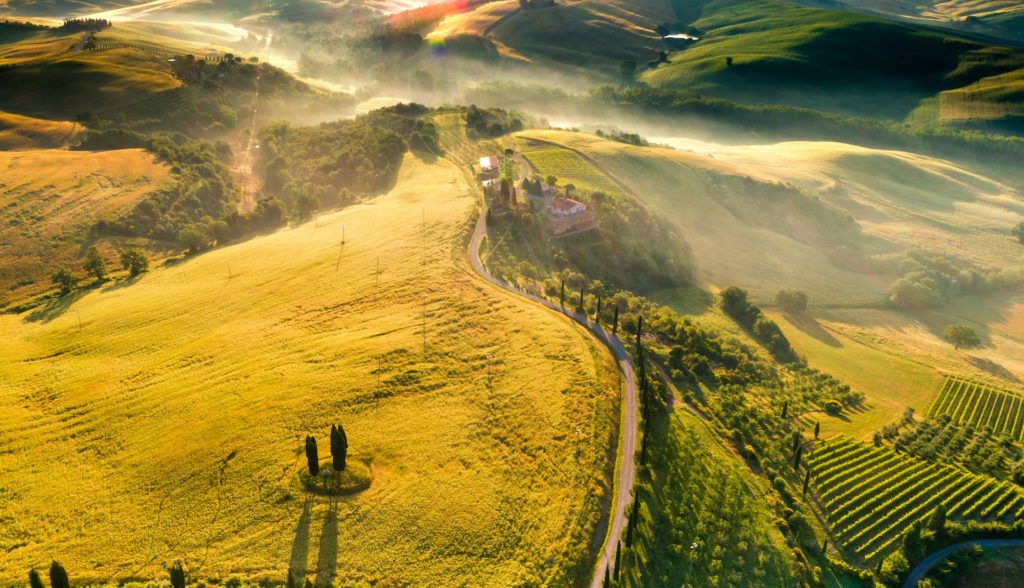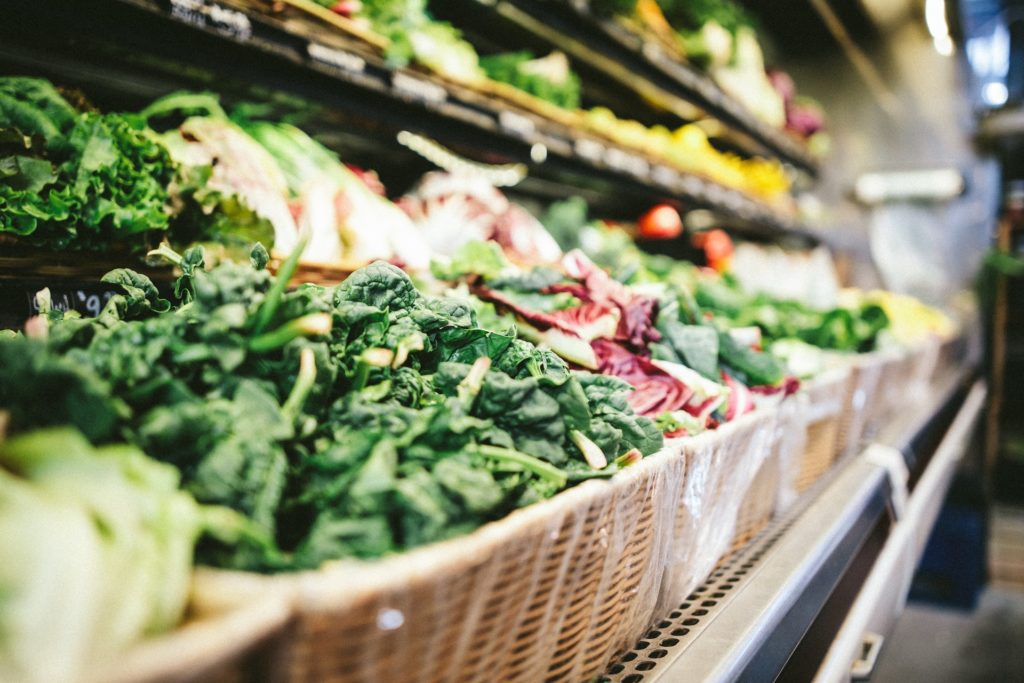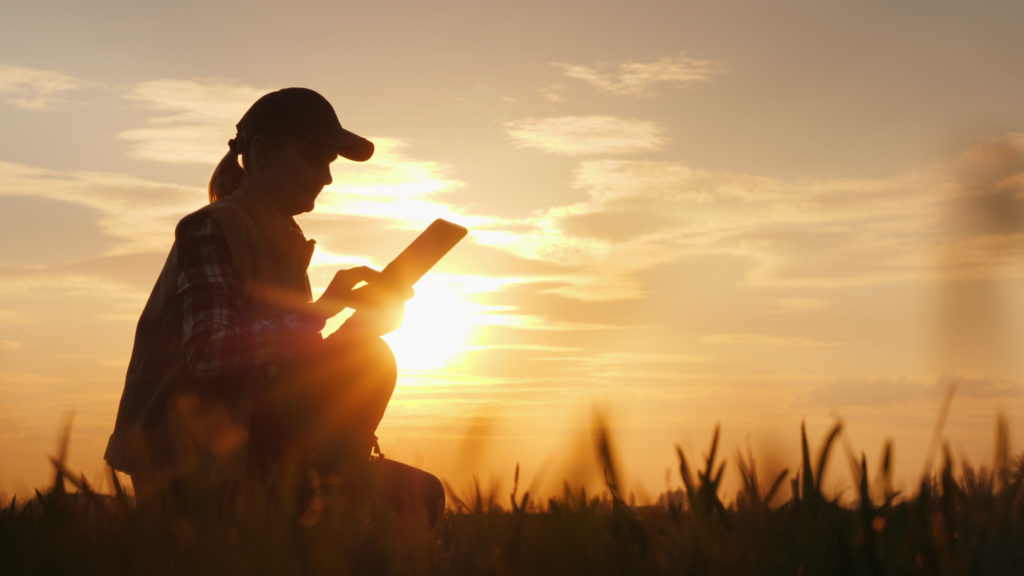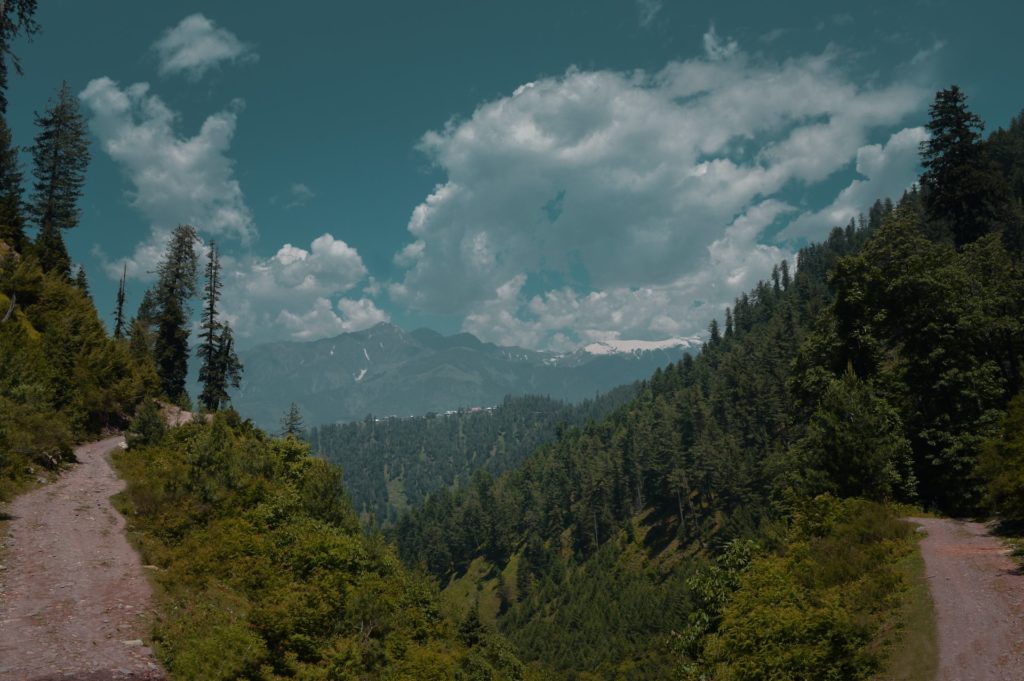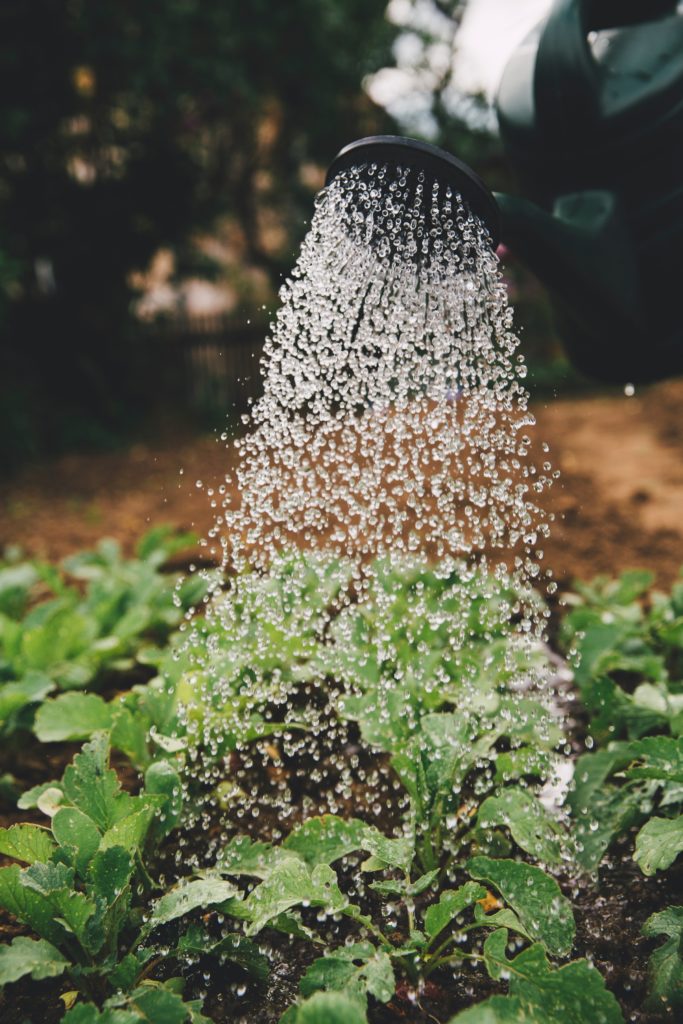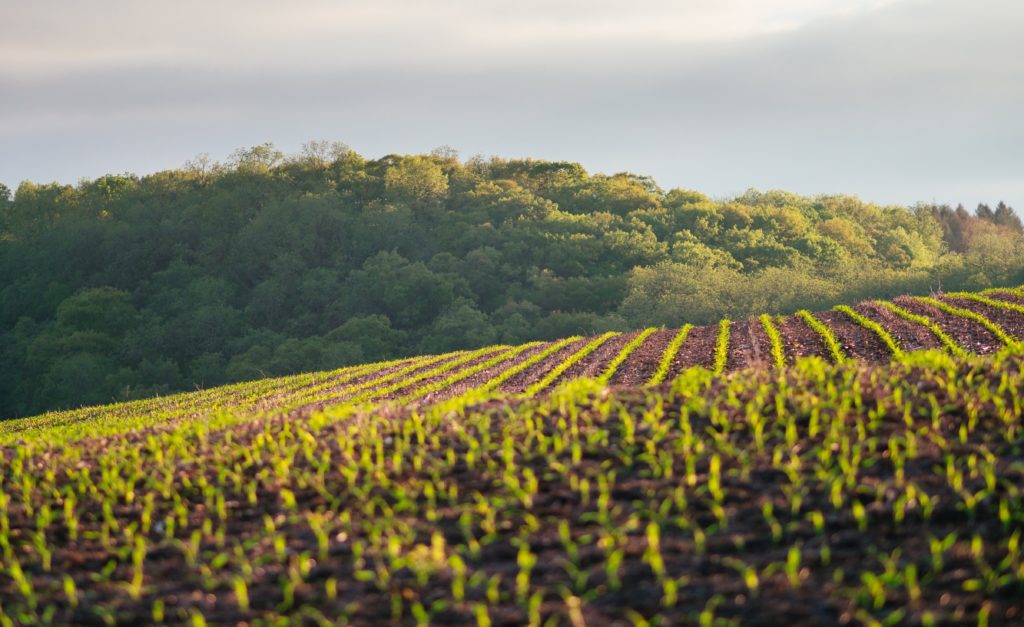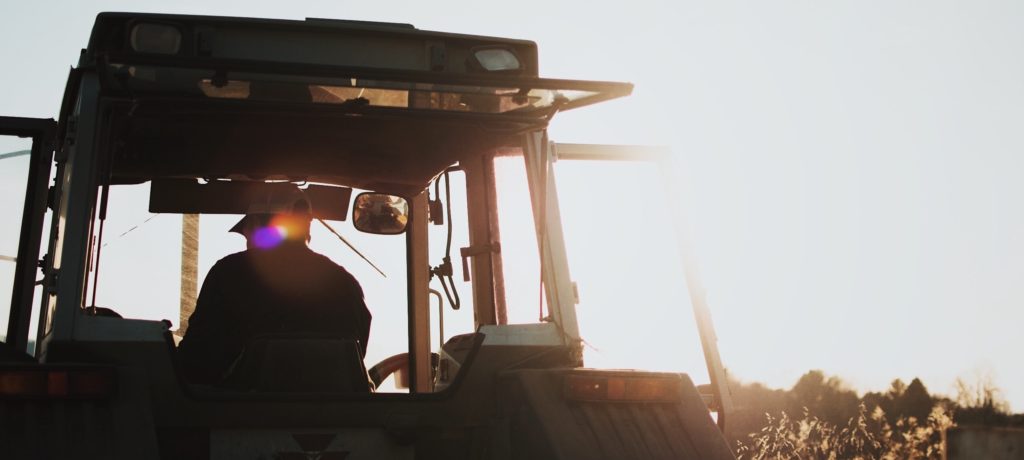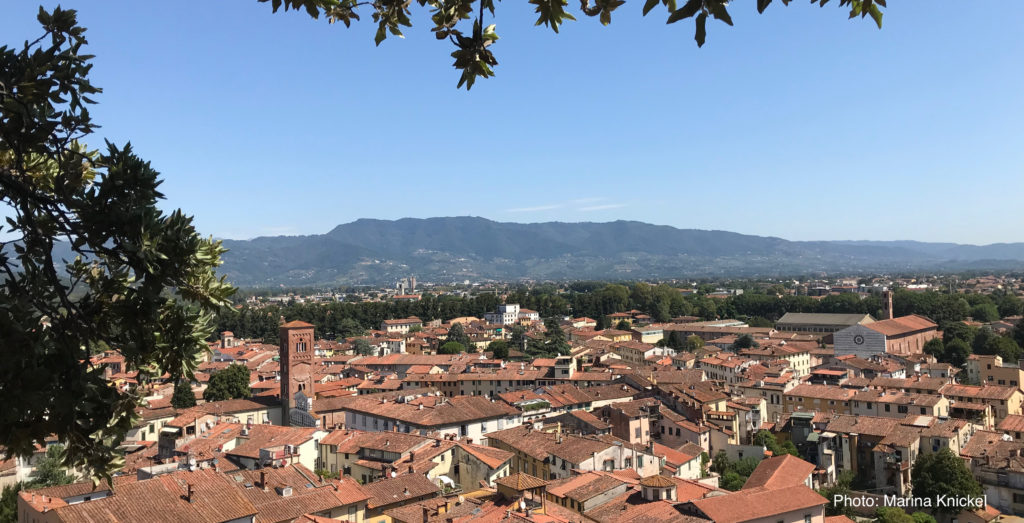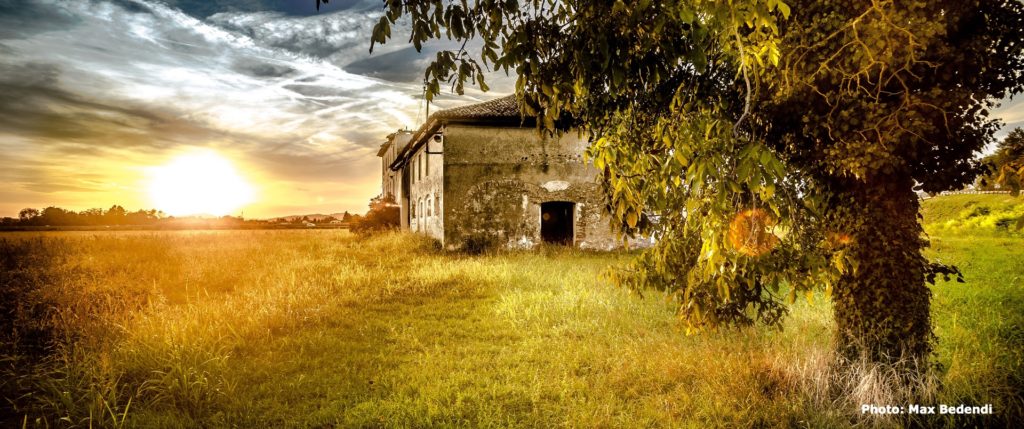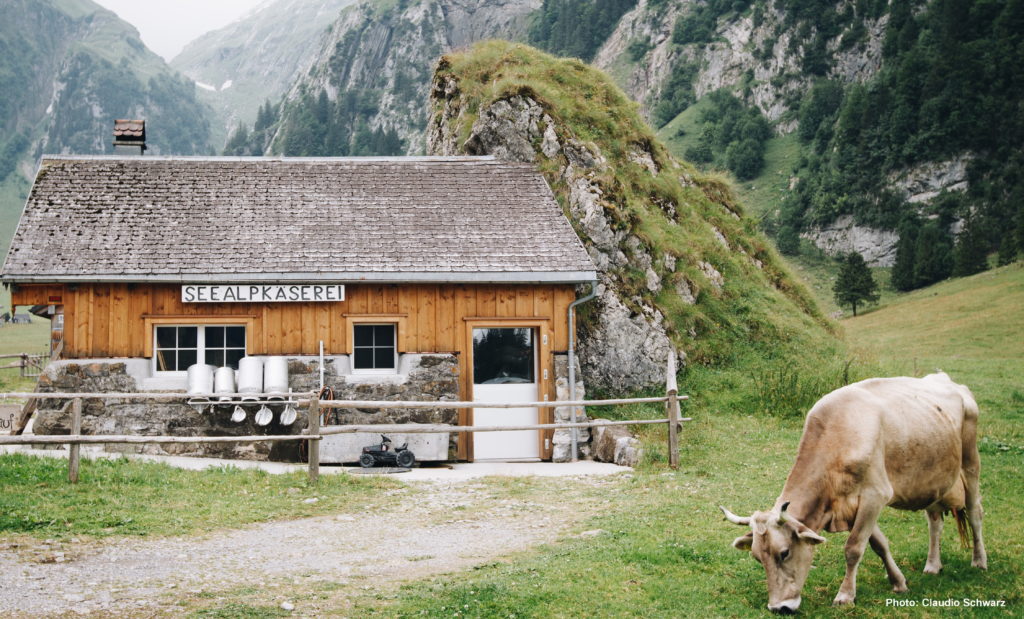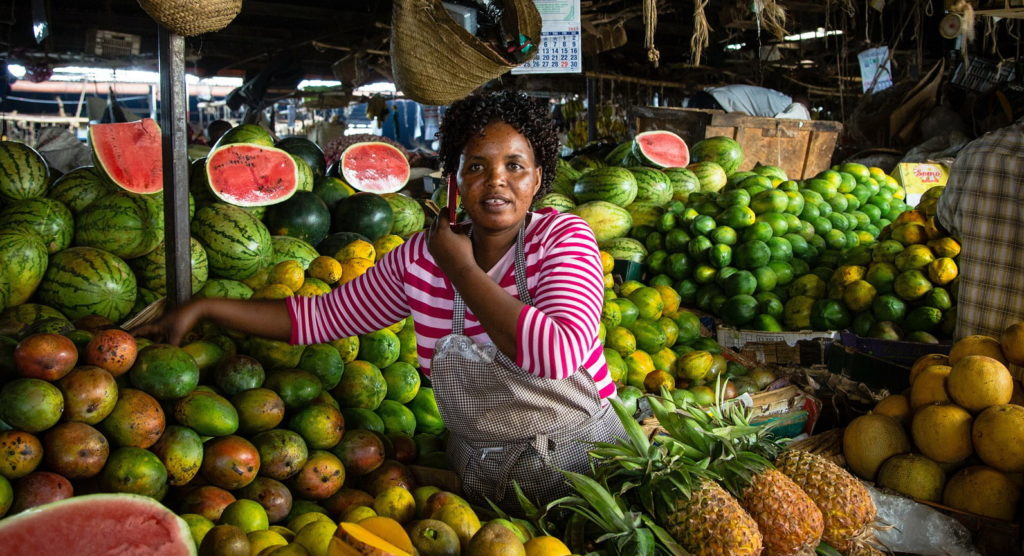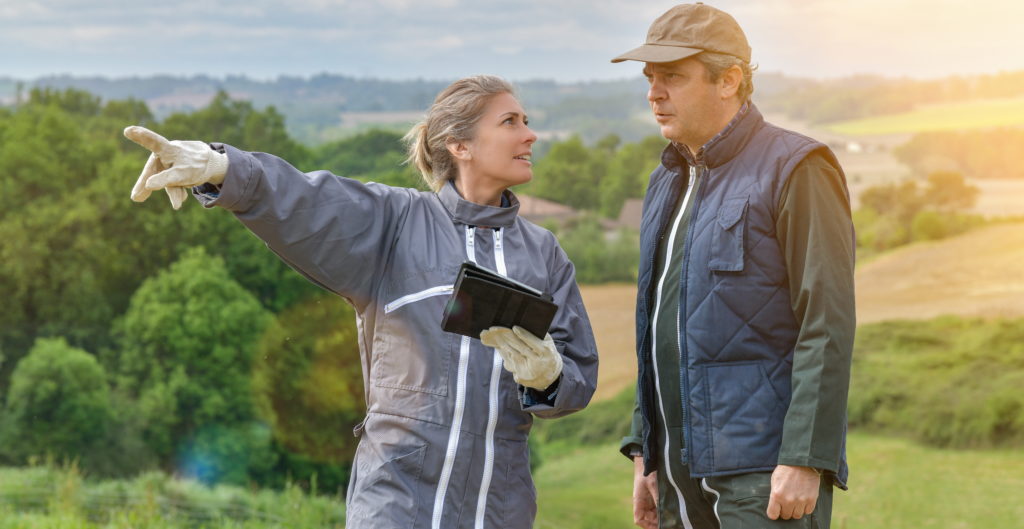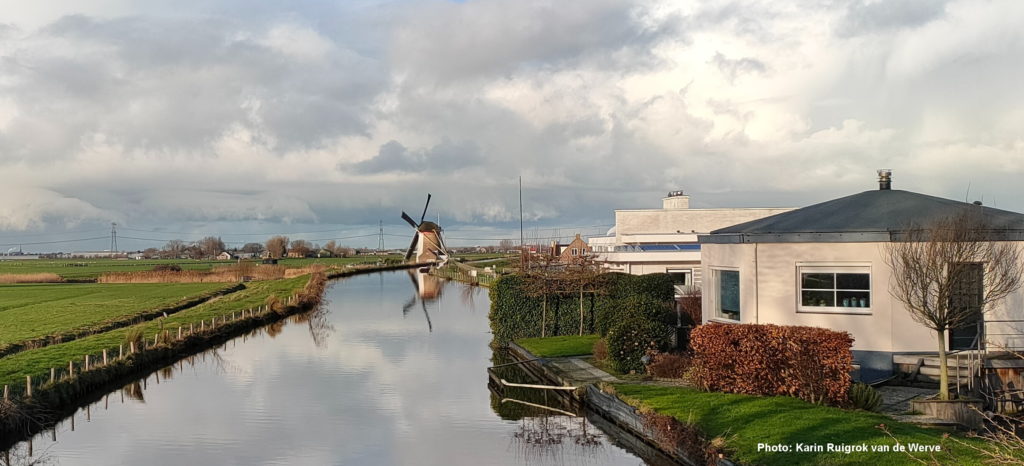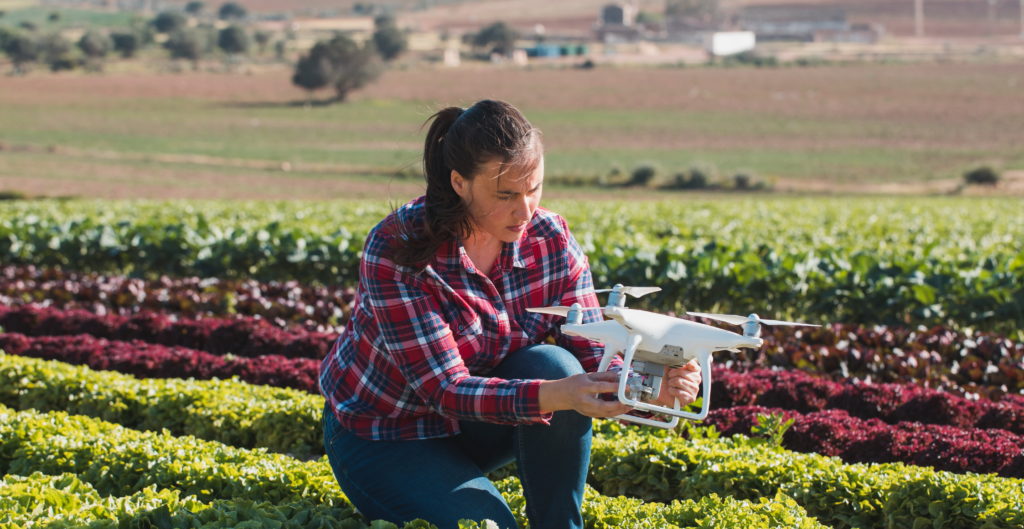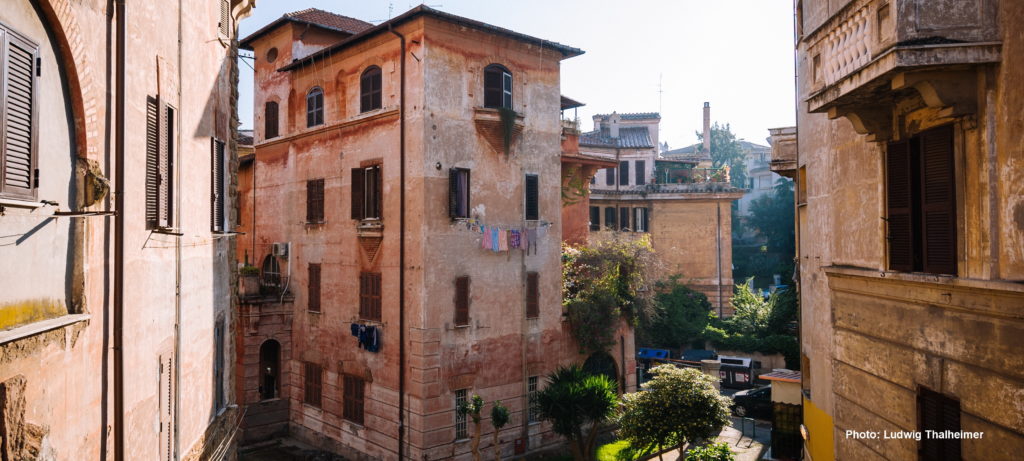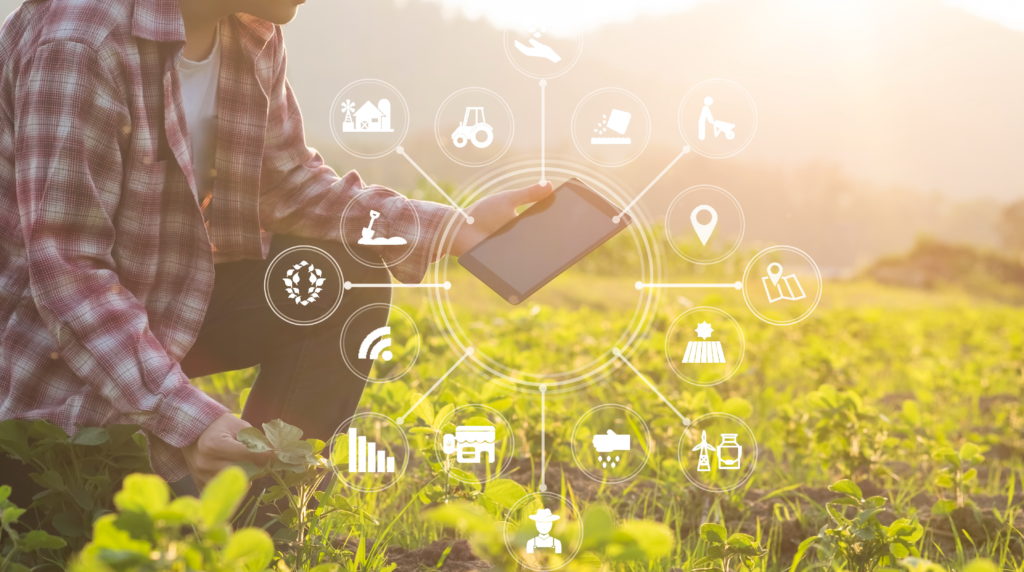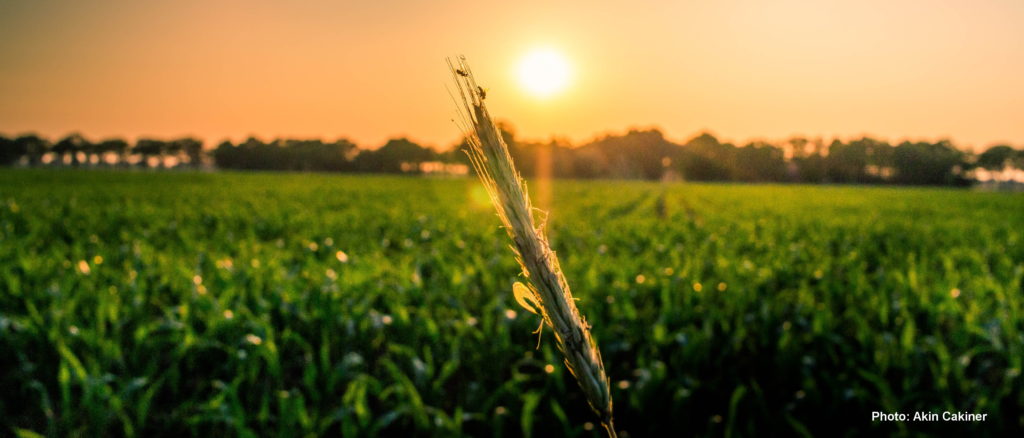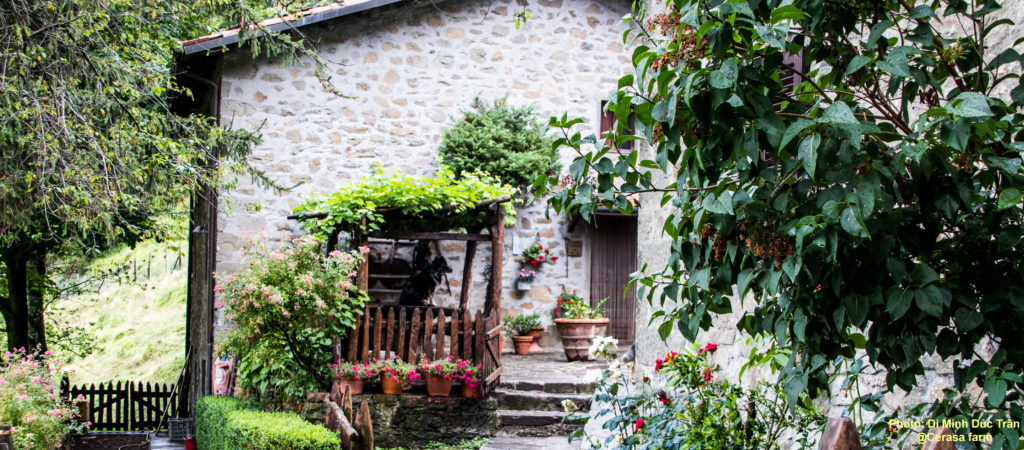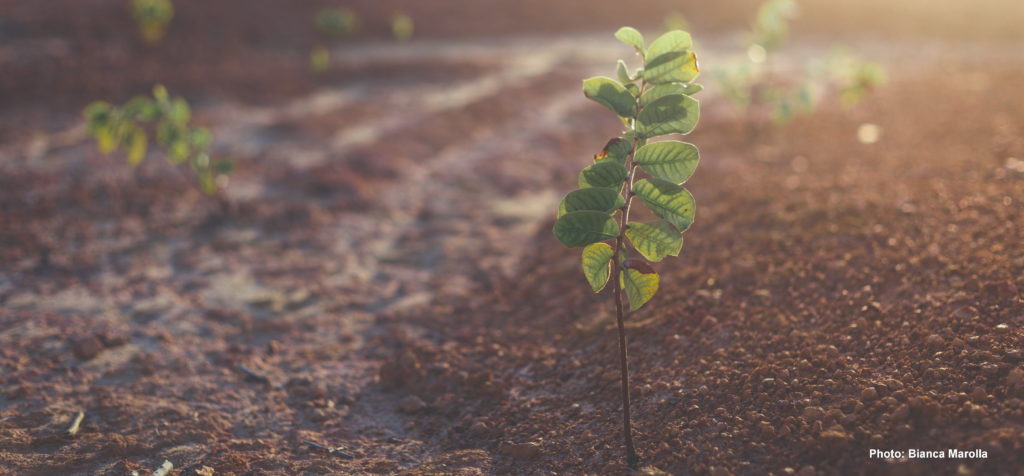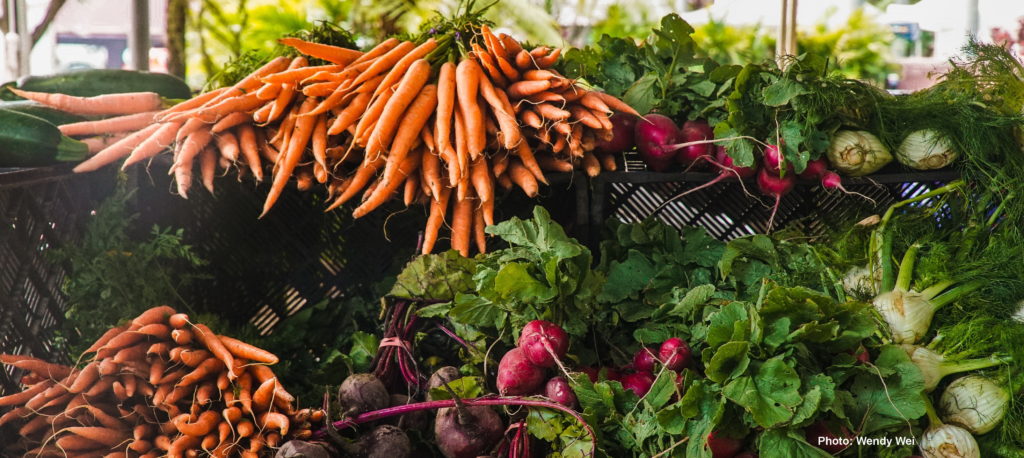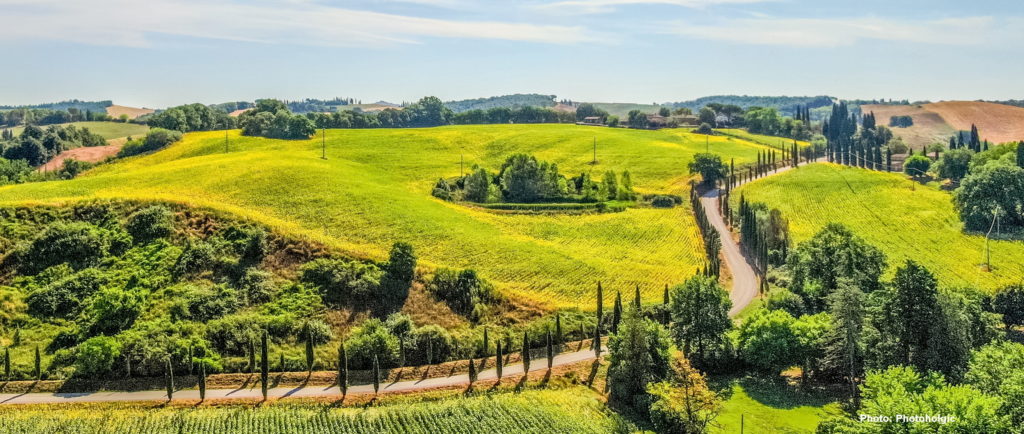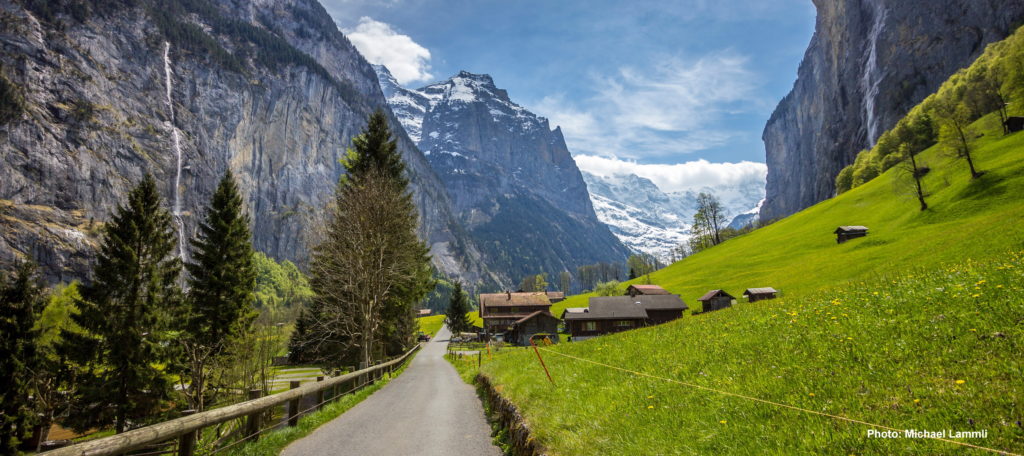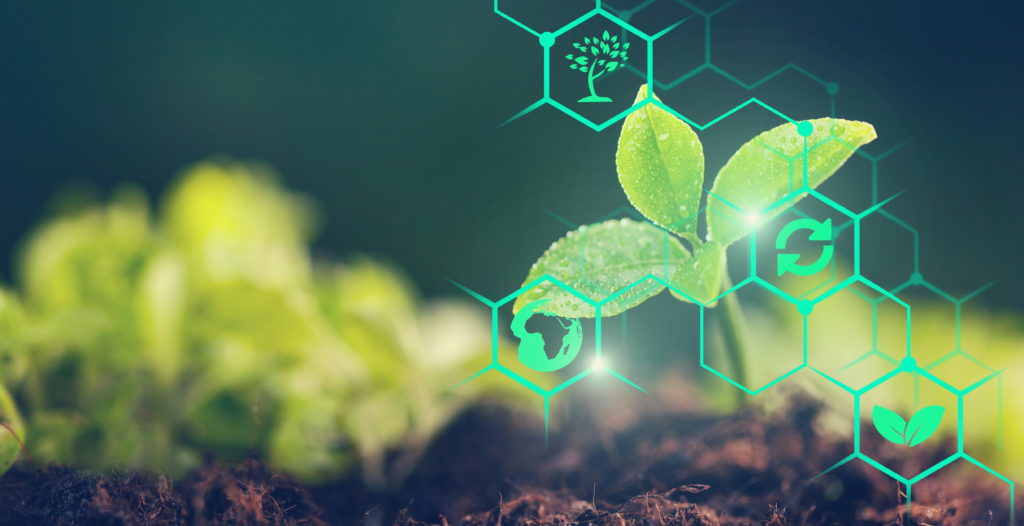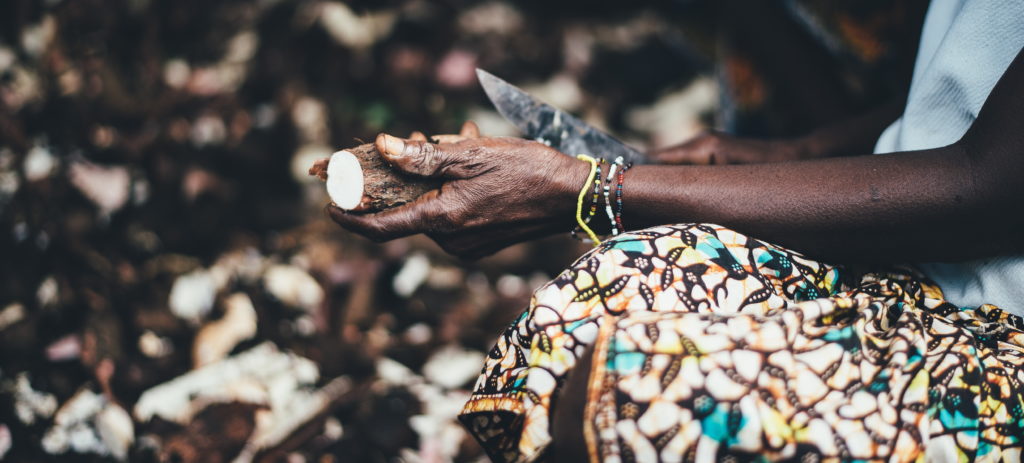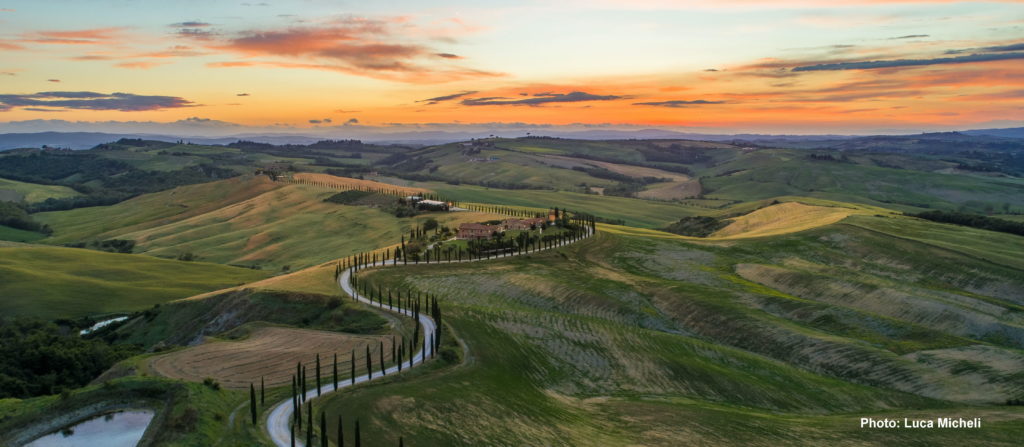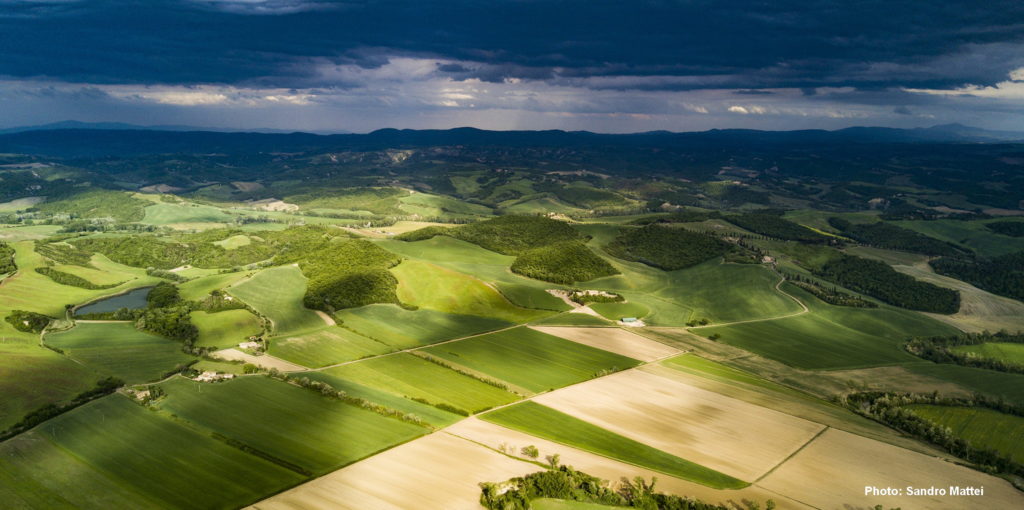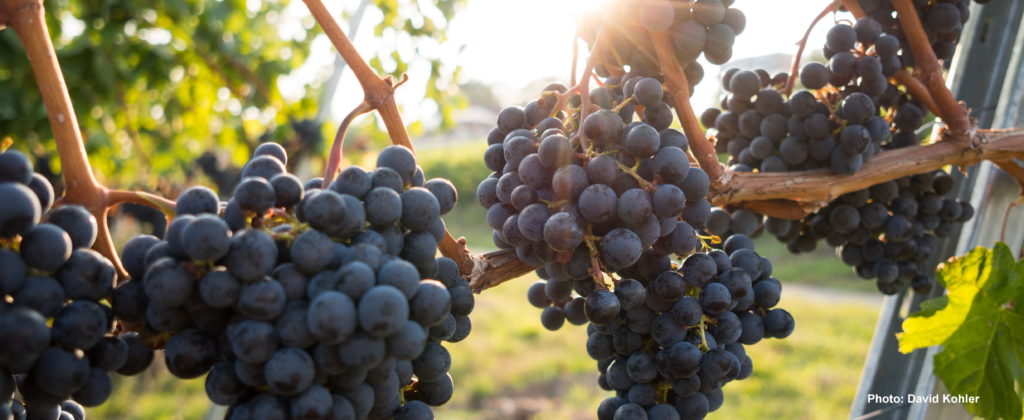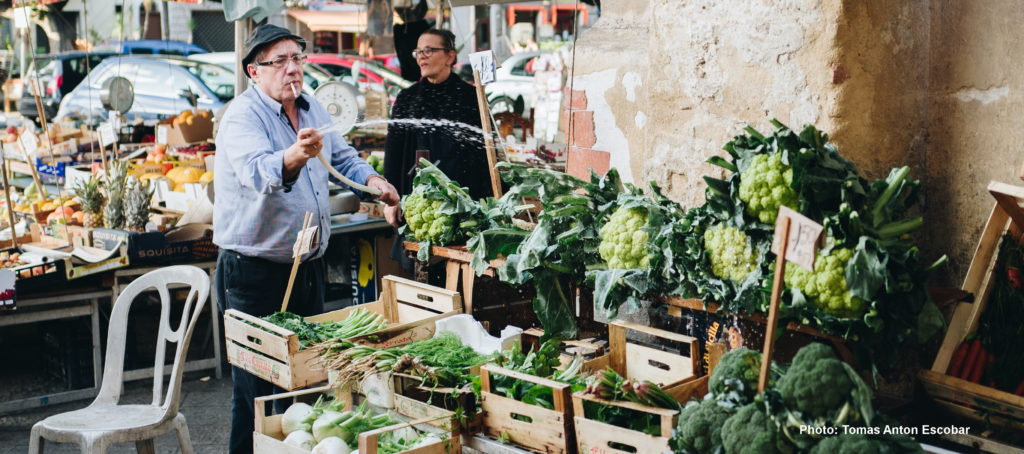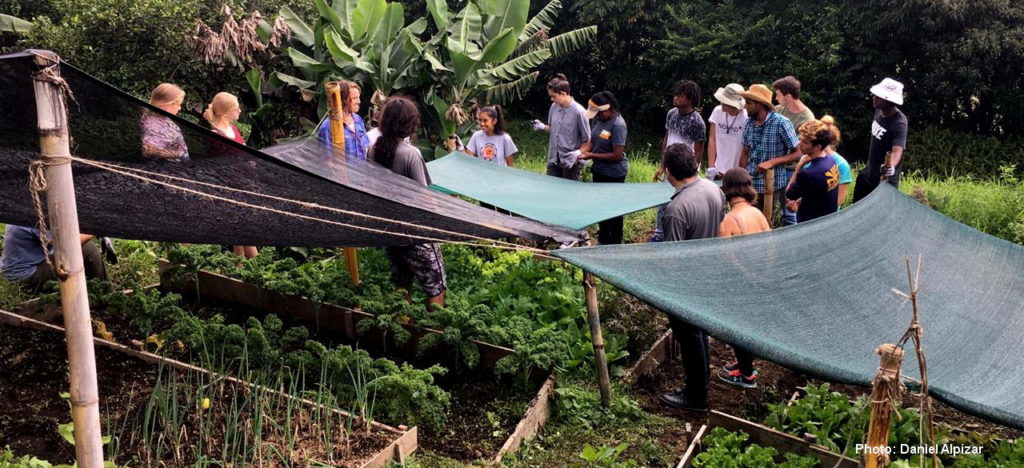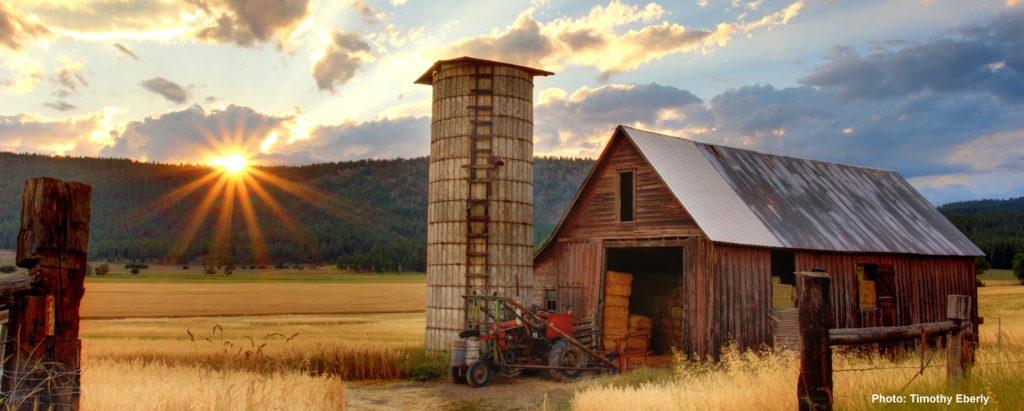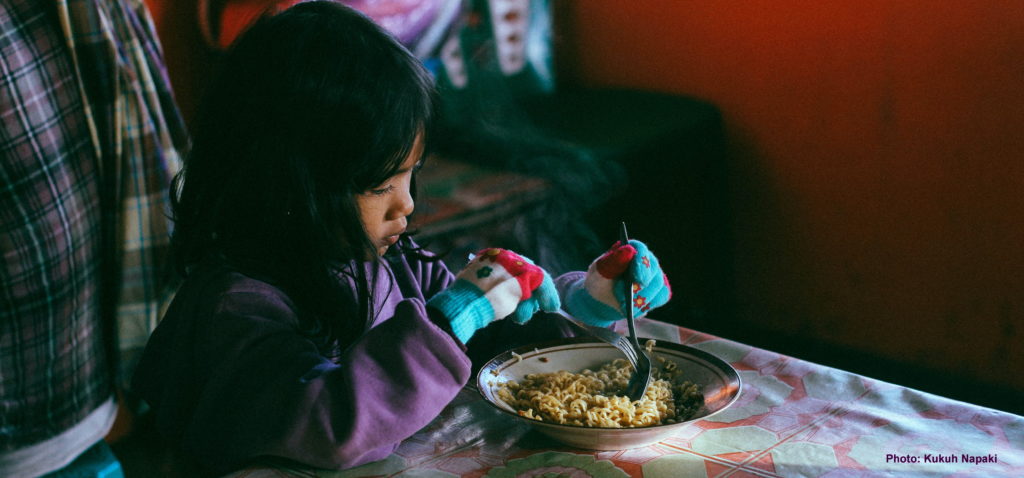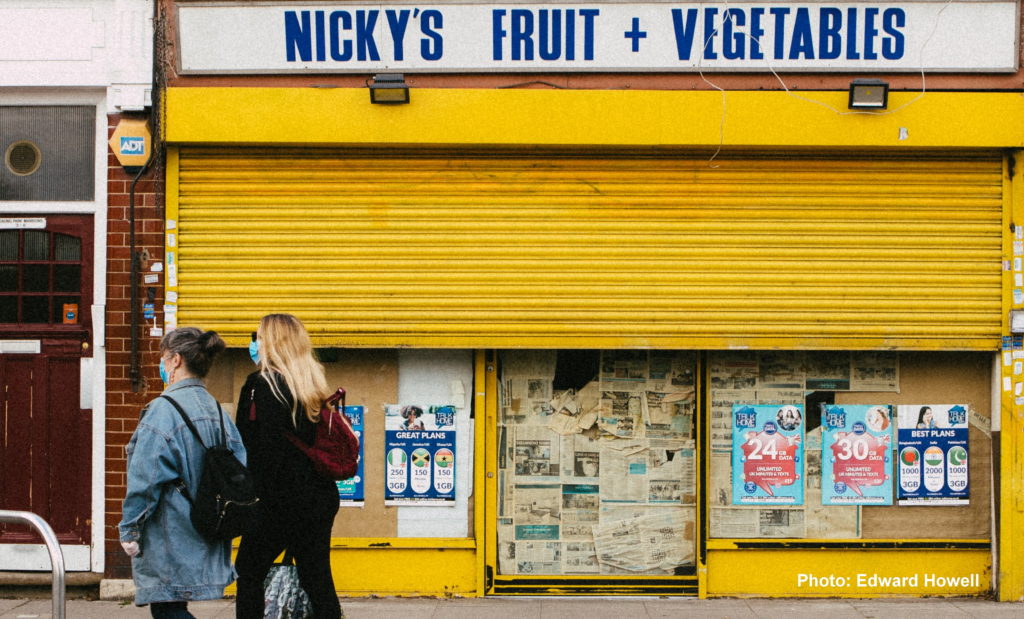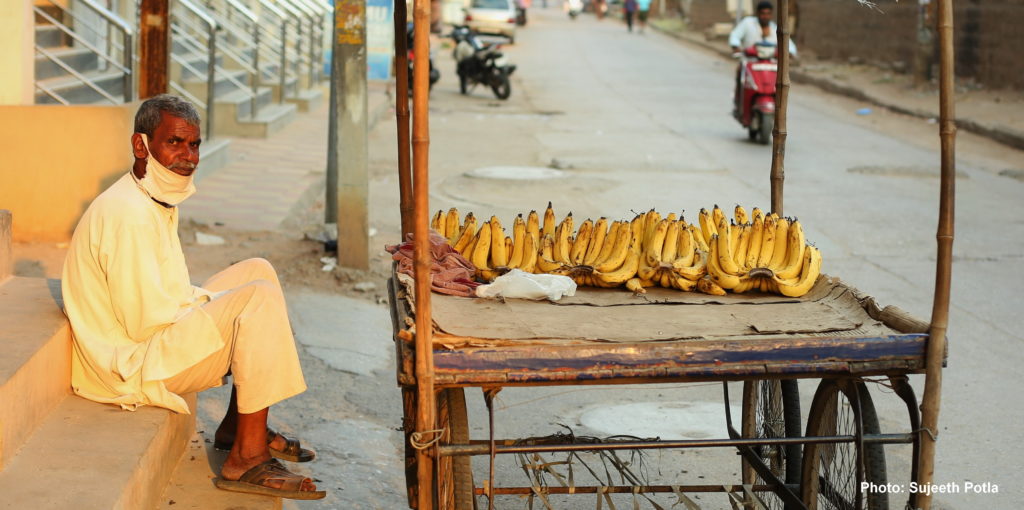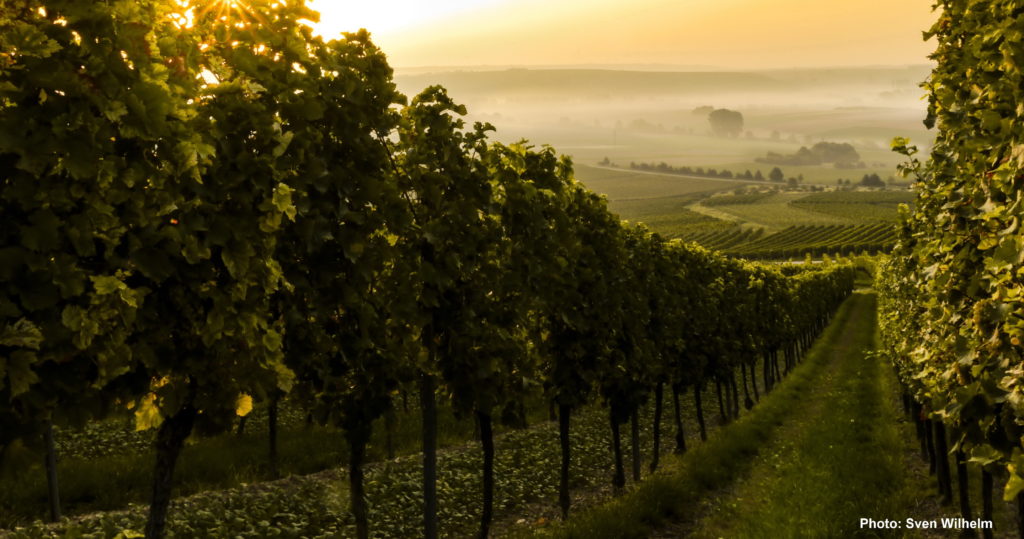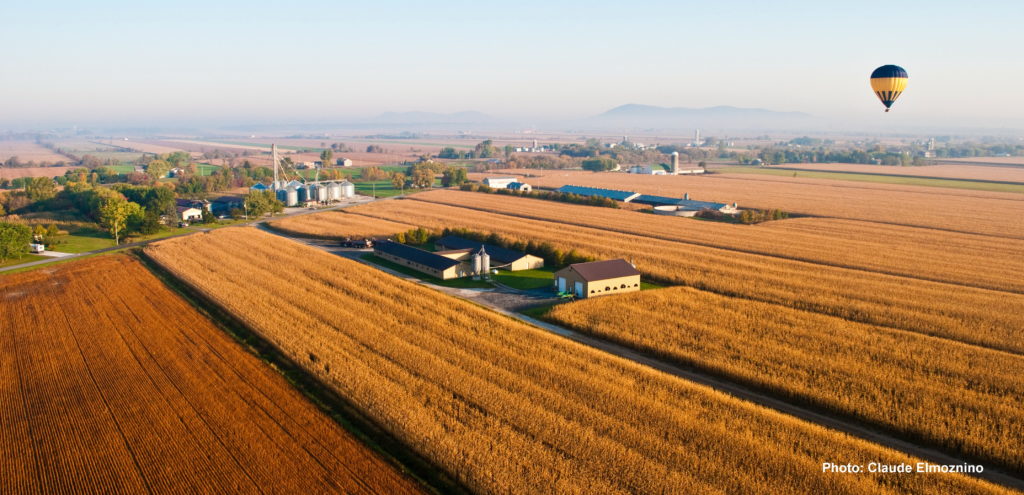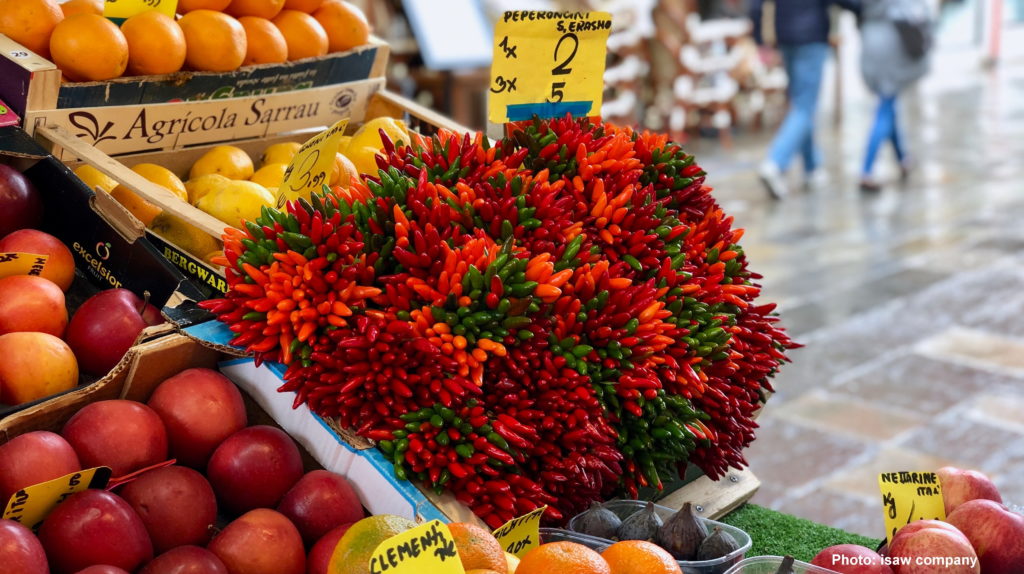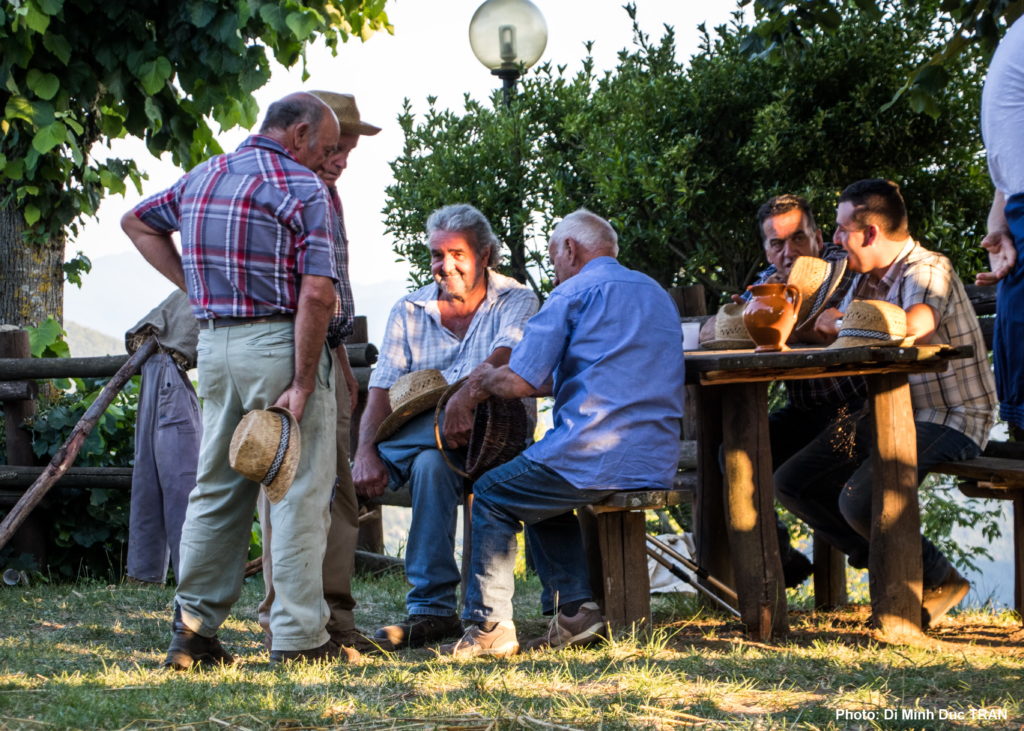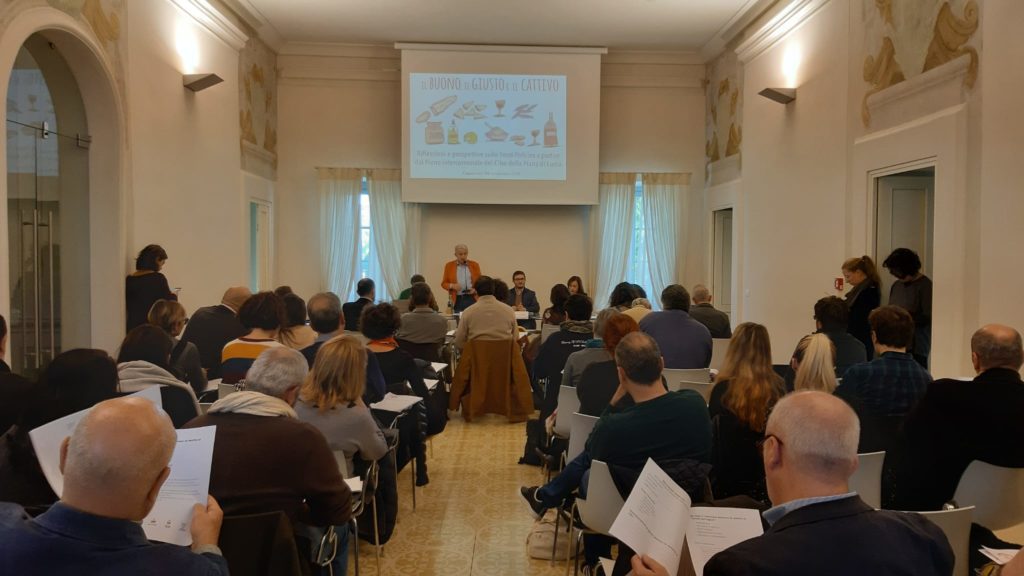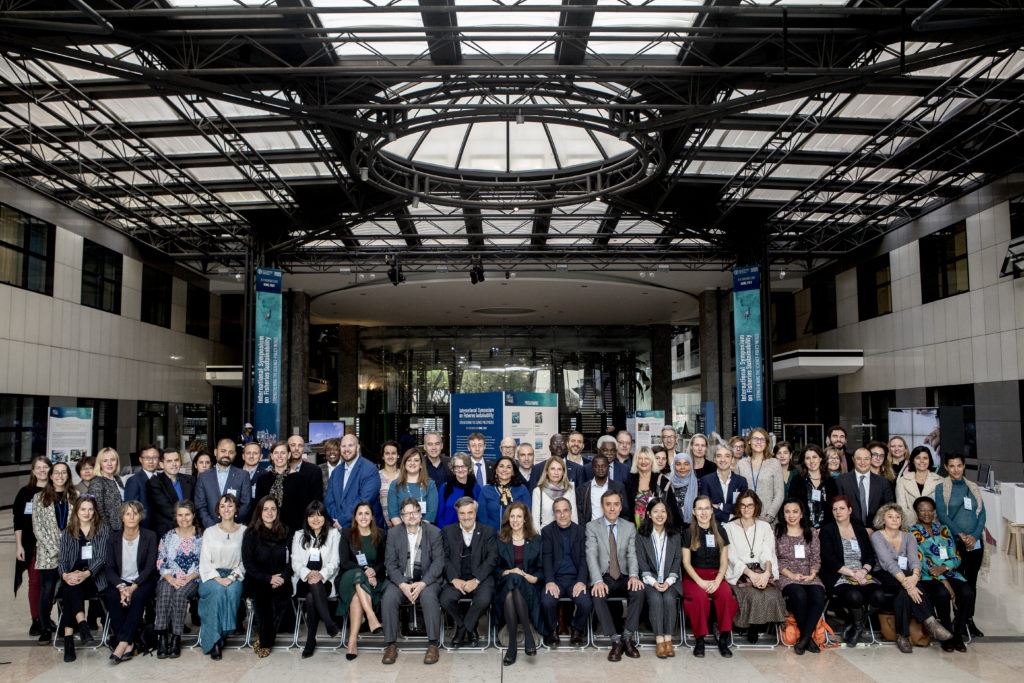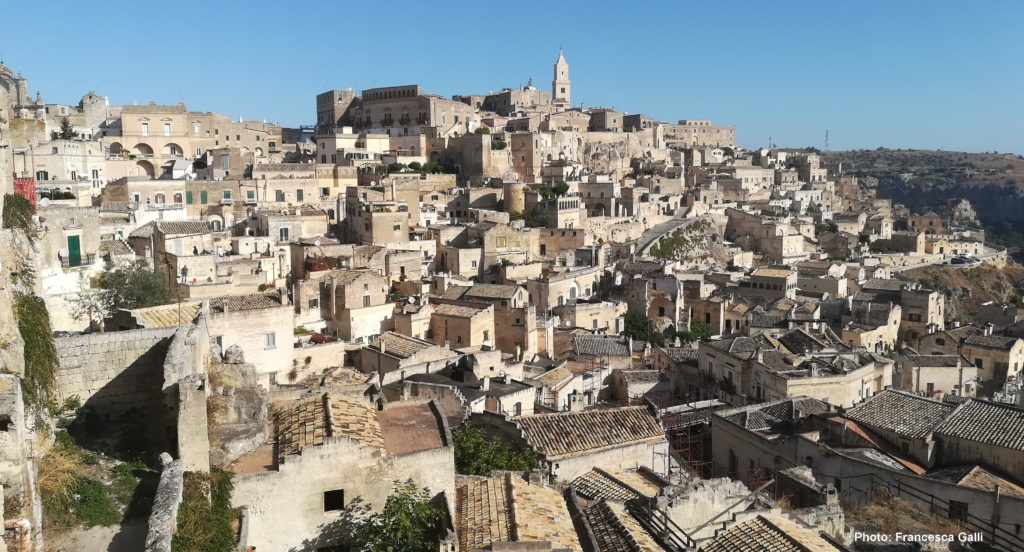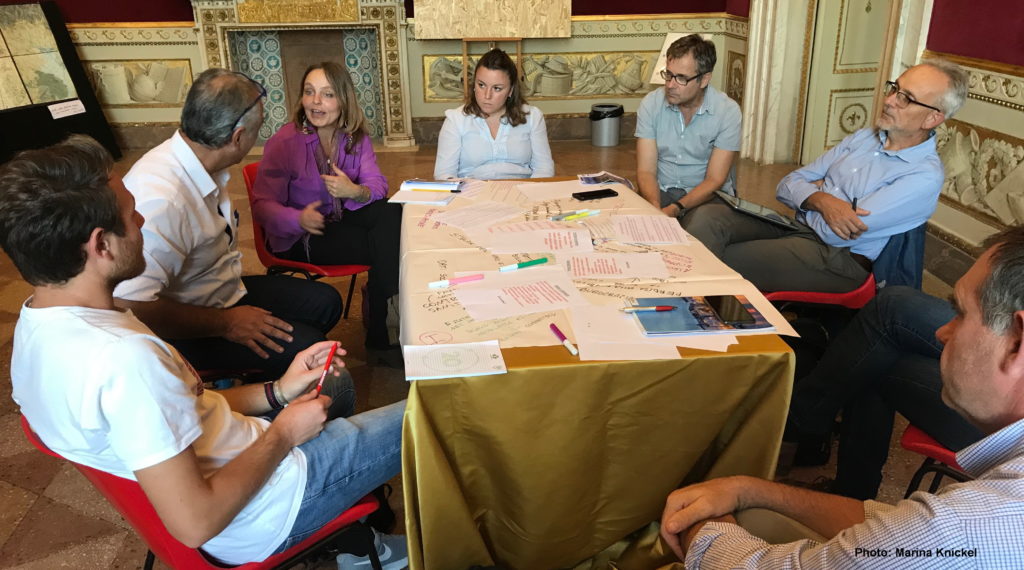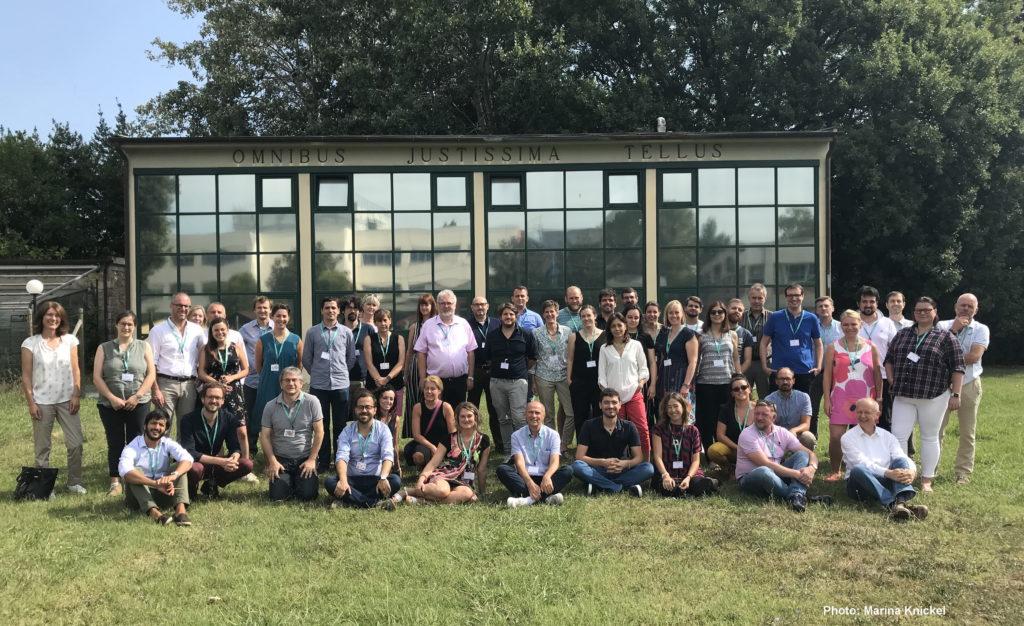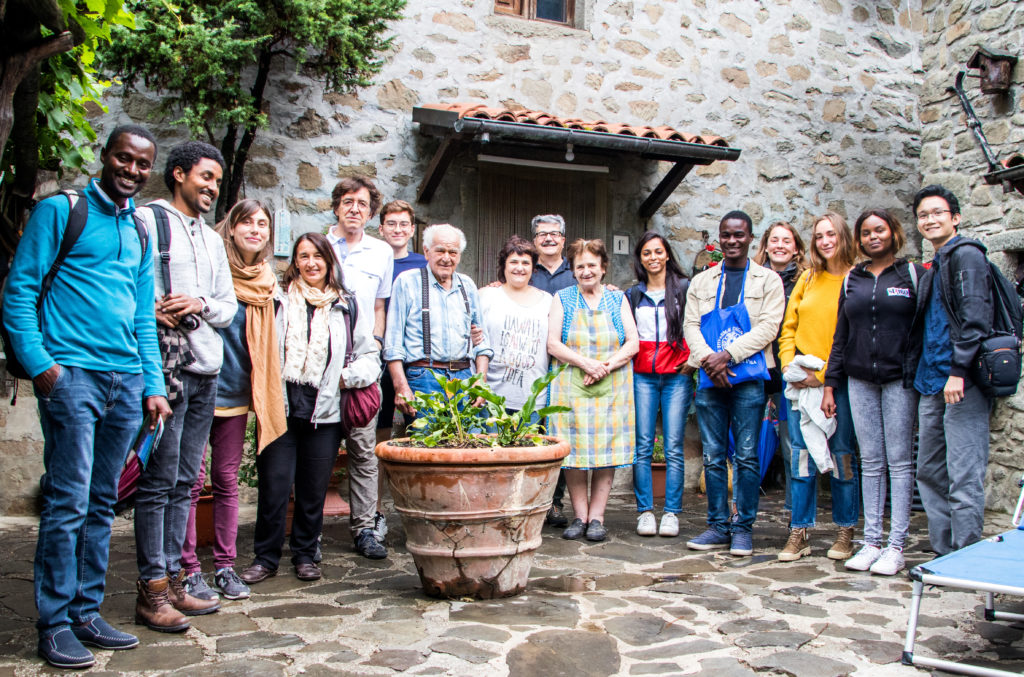Coltivare l’innovazione: comunità di pratica e reti territoriali per l’agricoltura del futuro
Authors: Chiara Mignani, Gianluca Brunori L’11 e 12 febbraio, nella cornice della Tenuta di Alberese della Regione Toscana, si è svolto l’evento finale del progetto INN-Pratica, un momento di sintesi e rilancio che ha visto collaborare i ricercatori del Dipartimento di Scienze Agrarie, Alimentari e Agro-ambientali (DISAAA-a) dell’Università di Pisa, con la Regione Toscana e […]
Fairness, efficiency, and sustainability of agri-food value chains: reflections from the PRIN-AGREF final event
Written by: Tarek Allali On 13th January 2026, the final event of the PRIN AGREF project (Agri-food value chains efficiency and fairness) was held in Rome at the Biblioteca of CREA. The event brought together researchers, producer organisations, market actors, and institutions to reflect on one of the most persistent challenges in agri-food systems: Unfair […]
PAGE at the International Forum on Agroecosystem Living Labs, Bordeaux
Author: Mariagiulia Mariani, Sonia Massari, Dalia Mattioni The International Forum on Agroecosystem Living Labs (IF-ALL 2025) took place in Bordeaux from 15 to 17 October 2025, co-organized by INRAE (French National Research Institute for Agriculture, Food and Environment) and Agriculture and Agri-Food Canada (AAFC), with the support of the Nouvelle-Aquitaine Region and several international partners. The event aimed to take stock of the […]
Rethinking Organic Agriculture for Tomorrow: Fruit Trees in Agroforestry
Author: Mariagiulia Mariani Facing today’s major sustainability challenges, it has become increasingly necessary to understand the trade-offs within organic systems that aspire to serve as genuine alternatives—and to rethink them accordingly. This requires integrating agronomic advances with farmers’ socio-economic realities, adopting a systemic perspective in which technological and agronomic innovations are seen as interdependent components […]
International Day of Awareness on Food Loss and Waste: research and solutions compared at the Accademia dei Georgofili
Authors: Giulia Gallo, Francesca Galli, Alessio Cavicchi On the occasion of the International Day of Awareness on Food Loss and Waste (29th September 2025), members of the PAGE group – Alessio Cavicchi, Giulia Gallo and Francesca Galli – organised a workshop titled “Food loss in the field: what are the causes and how can they […]
Rural Areas as innovation ecosystems: presented at the ESRS Congress 2025 in Riga (Latvia) a dedicated working group
By Sabrina Tomasi, Carlo Giua, Claudia De Luca, Caterina Selva, Diana Valero, Simon Senft, Katharina Pötzsch, André Knabe In the week between the 7th and 11th of July, the 30th European Society of Rural Sociology took place in Riga (Latvia), hosted at the Rīga Stradiņš University. Hundreds of researchers from international universities and organisations met […]
Il gruppo PAGE in trasferta a Benevento: riflessione collettiva sull’esperienza del primo congresso SIDEA-SIEA-CESET
A cura di Luciano Pagano, Sabrina Tomasi, Benedetta Bernardini, Selene Righi, Daniele Vergamini, Fabio Lepore, Sonia Massari, Livia Ortolani Dal 2 al 4 luglio, una piccola delegazione del gruppo PAGE ha preso parte al primo congresso congiunto delle Società scientifiche SIDEA, SIEA e CESET, ospitato nello storico Complesso di Sant’Agostino a Benevento e organizzato dall’Università […]
Agricoltura europea: quale futuro dopo le proteste?
Author: Prof. Gianluca Brunori Le proteste degli agricoltori, inizialmente innescate da misure politiche nazionali, si sono rapidamente trasformate in un movimento paneuropeo contro la riforma della PAC. In risposta, la presidente della Commissione Europea Ursula von der Leyen ha avviato un “dialogo strategico sul futuro dell’agricoltura e dell’alimentazione”, coinvolgendo 29 stakeholder. In un contesto segnato da […]
Lost in translation: the challenge of communicating scientific results in transdisciplinary research. Insights from the FoodCLIC project
Authors: Arianna De Conno, Sabrina Arcuri, Benedetta Bernardini, Maria Vasile Communicating with non-academic actors can be challenging, like speaking different languages. We propose a real-life example: a report designed for non-academic actors. The Living Labs (LL) approach has been increasingly applied in EU projects to address complex, real-life challenges, like the ones regarding sustainable and […]
Supporting community-led and place-based innovations in rural areas
The University of Pisa is a technical partner in the Horizon Europe RURACTIVE Project by Sabrina Tomasi Launched in September 2023, coordinated by the Alma Mater Studiorum – University of Bologna (UNIBO) and involving 28 partners, the Horizon Europe RURACTIVE project, in line with the Long-term vision for rural areas, aims to make rural communities […]
Il Gruppo PAGE dell’Università di Pisa organizza il 14° Convegno Annuale AIEAA 2025
L’Università di Pisa ospiterà il 14° Convegno Annuale dell’Associazione Italiana di Economia Agraria e Applicata (AIEAA), in programma dal 18 al 20 giugno 2025 presso il Dipartimento di Scienze Agrarie, Alimentari e Agro-ambientali, nel Polo didattico Le Piagge. L’organizzazione dell’evento è curata dal gruppo di ricerca PAGE, attivo all’interno dell’Ateneo pisano su tematiche alla ricerca […]
Geographical Indications and Innovation: Shaping Sustainable Food Systems
Author: Mariagiulia Mariani From February 18 to 21, 2025, the Worldwide Perspectives on Geographical Indications (GIs) conference gathered experts, researchers, and policymakers at FAO Headquarters in Rome. The event provided a platform to explore the evolving role of GIs in sustainable agri-food systems. Key themes included climate change adaptation, refined regulatory frameworks, market dynamics, and international collaboration, […]
Come i dati possono supportare i processi decisionali: le Linee guida del Progetto GRANULAR
Author: Fabiana Stortini and Tommaso Trinchetti (This text is a translation of the original text published on the project website wrote by UNIPI, Ciheam IAMM and IIASA) Il progetto GRANULAR ha recentemente pubblicato le Linee guida e i materiali per la raccolta dei dati da parte degli attori rurali. Il report è stato sviluppato in […]
Young researchers from Page participated in THE 75TH EAAP ANNUAL MEETING in Florence “Global quality: environment, animals, food”
Authors: Selene Righi and Letizia Forzoni From 1 to 5 September 2024, two young researchers from PAGE participated in the 75th Congress of the European Association of Animal Production (EAAP) in Florence, organised also by our colleague from Pisa, Prof. Marcello Mele and his team PLAS – Pisa Animal Science. The general theme of the […]
Crowd Breeding of apples in Denmark: A collaborative approach to sustainable agriculture
Written By: Mariagiulia Mariani Denmark boasts a rich but underappreciated history of apple cultivation, which significantly declined in the 1970s due to European Union policies and increased competition. Today, there are an estimated 2 million fruit trees in private gardens, where pesticide use is prohibited. This figure is comparable to the approximately 4 million trees […]
Twin transition, Living Labs, innovazione sociale, ecosistemi rurali e nuovi approcci alla didattica: i contributi del gruppo PAGE alla Conferenza SIDEA 2024
A settembre, Anacapri ha ospitato LX conferenza della Società Italiana di Economia Agraria (SIDEA), intitolata “Dalla strategia Farm-To-Fork all’approccio One-Health: Soluzioni per il modello agricolo europeo alla luce dei nuovi scenari economici”. Organizzata dall’Università Federico II di Napoli, la SIDEA 2024 ha posto l’accento su tematiche di centrale importanza nel processo di trasformazione che le […]
Reflection on AIEAA Conference 2024: Insights and Highlights
On June 19th-21st, the PAGE group attended AIEAA’ Young Researchers’ Day and the 13th AIEAA Conference on “The social sustainability of European agriculture facing old and new challenges. Issues, methods and policies”, hosted by the University of Bari “Aldo Moro”. Three days presentations of theoretical and practical work done in national and international context to close the gap of social sustainability in the food system.
Insights from the two-day GRANULAR Reflexive Workshop in Pisa
Authors: Fabiana Stortini, Oybek Norboev and Tommaso Trinchetti As the leader of Work Package 6 (WP6) in the GRANULAR project, the PAGE (Pisa Agricultural Economic Research Group) team at University of Pisa (UNIPI), organized a reflexive workshop in Pisa, Italy, on June 27-28, 2024. This event brought together several partners, Living Labs (LLs) and Replication […]
Satnam Singh: the death of a modern slave
Written by: Lucia Palmioli The death of Satnam Singh, a 31-year-old Indian farmworker, on June 19, 2024, in a Rome hospital from serious injuries sustained in a work accident, has shaken public opinion and brought to light a dramatic reality: the exploitation and the use of day laborers that still plague the agricultural sector in Italy. Singh, like many other migrants, had come […]
Vertical Farming and Transition Scenarios
By Prof. Gianluca Brunori The vertical farming makers promise a true revolution in the agricultural world. Investors are betting on its success, and many analysts predict significant growth rates in the sector. Vertical farming meets the desire for the industrialization of agriculture that many investors have always dreamed of. Thanks to a closed and controlled […]
Transversal course on Responsible Research and Innovation (RRI)
Authors: PAGE group During May, the University of Pisa offered a transversal course (official program) for PhD students, focused on Responsible Research and Innovation (RRI). The course reflects the University of Pisa’s commitment to RRI, as evidenced by the various related events it regularly organizes. it regularly organizes. The course was coordinated by Prof. Gianluca […]
PAGE researchers participate in the WIDE-ARC seminar “Fairness and Wellbeing in a Dematerialised Economy”
Author: Pedro Navarro Gambín On the 5th of April, Prof. Gianluca Brunori and Pedro Navarro Gambín, from Pisa Agricultural Economics (PAGE), participated as invited speakers in the seminar “Fairness and Wellbeing in a Dematerialised Economy”. The event, which took place at the Polo Piagge of the University of Pisa, was organised in the context of […]
Between global and local markets: scenarios for the bread supply chain
By Prof. Gianluca Brunori Wheat, the world’s largest crop by area and second largest by production, has a thousand-year history in international trade. Considering its fundamental role in global food security, it is evident that, since the year 2000, the world market has seen major changes. The United States, once the main exporting country, has […]
Prof. Gianluca Brunori was awarded the University of Pisa honorary title “Ordine del Cherubino”
In 1960 the University of Pisa established the “Ordine del Cherubino”, an academic honour conferred by the Rector of the University of Pisa, upon resolution of the Academic Senate, to full professors of the University of Pisa with at least ten years’ seniority, who have contributed to increasing its prestige for particular scientific merits and […]
Confronto sull’attualità: il Dipartimento di Agraria di UNIPI apre le porte a un dibattito sulla complessa questione delle proteste degli agricoltori
Il 28 Febbraio a Pisa si è tenuto l’incontro “Ritorno al passato, conservazione o transizione giusta?” per approfondire le tematiche che riguardano la recente protesta degli agricoltori e le relative risposte della politica. Da un’esplicita richiesta degli studenti e dal loro interesse a guardare con un occhio più consapevole i fatti di attualità, che hanno […]
New paper out on ‘Digitalisation in rural areas: exploring perspectives and main challenges ahead’.
A recent publication by PAGE members Sabrina Arcuri, Gianluca Brunori and Silvia Rolandi has been released. The authors make a critical literature and policy review on the role of digitalisation in rural areas and take stock of a set of exemplary cases from two H2020 projects now completed – SHERPA and DESIRA. Written by Sabrina […]
OneHealth in agriculture science: New perspectives for research and dissemination
By: PhD Students Recently, our research group PAGE played an active role in organizing the International Workshop ‘Strengthening cross-sectors to integrate humans-animals-ecosystems: a ONE HEALTH approach declined in agriculture science’ held in Pisa on November 22-23. In the contemporary world, the pervasive influence of climate change on our daily lives underscores the pivotal role of […]
A PDO at the service of fruit biodiversity: social innovation in the Asturian cider production
Written by: Mariagiulia Mariani Asturias, a region on the Atlantic coast of Spain, has a long tradition of cider production. To produce the cider, suitable apple varieties with distinct characteristics have been selected by local farmers for hundreds of years. The biodiversity of Asturian apples is truly remarkable. Indeed, more than half of the cider […]
The Summer school in Val di Cecina District
Featured image source: https://www.distrettoruralevaldicecina.com/
Progetto FARMWELL: incontro a Pisa per discutere di benessere in agricoltura
Written by: Lucia Palmioli and Silvia Rolandi I giorni 19 e 20 settembre 2023 Pisa ha ospitato l’incontro tra i Partners del progetto FARMWELL finanziato dall’Unione Europea (Horizon 2020, Grant agreement ID: 101000797), per discutere dei risultati ottenuti in previsione dell’evento finale che si terrà a Bruxelles entro il 2023. FARMWELL vede la partecipazione di […]
An ethnographic analysis of food initiatives and urban (sustainable?) renewal: a PhD research.
Written by Maria Vasile. How are food initiatives evolving in urban contexts? What do food initiatives say about changing forms of citizens’ participation in society and collective effort towards increasing (urban) sustainability? Which trade-offs does an attentive analysis of food initiatives reveal around contemporary ways of understanding urban renewal and sustainability? These are some of […]
The PAGE group took part at the XXIXth ESRS Congress 2023 in Rennes
Written by Daniel Alpízar Rojas and Tarek Allali. The 29th European Society for Rural Sociology Congress, focused on ‘Crisis and the Futures of Rural Areas’, took place in Rennes (France) from July 3rd to 7th, 2023. The event was hosted by L’Institut Agro Rennes-Angers and featured 32 working groups (WGs). The crises caused by the […]
PAGE group took part in the AIEAA Conference in Milan: the future of Agricultural Economy
Written by: Arianna De Conno On June 21st-23 rd, the PAGE group attended AIEAA’ Young Researchers’ Day and the 12th AIEAA Conference in Milan. This event was coordinated, among others, by Michele Moretti (University of Pisa), researcher and member of the PAGE group. The objective of the AIEAA – Young Researchers’ Day (June 21st) was […]
Unlocking the Potential of Agricultural Digitalization: A Visit to CODECS Living Lab
Written by: Mehdi Hassan Mohammadi, Harika Meesala and Felicitas Okoye Recently, we had an opportunity to visit one of the living labs of the CODECS project where we explored the potential of technological innovations in agriculture, especially their importance in organic farms. The project CODECS (maximising the CO-benefits of agricultural Digitalization through conducive digital Ecosystems) […]
PAGE group took part in the 31st SIEA Conference in Venice: the contributions focused on the twin transitions
On June 14th-15th, the PAGE group attended the 31st SIEA Conference, in Venice, “Innovazione digitale e ambientale per la sostenibilità dei modelli di business nell’agroalimentare” which focused on digital and environmental innovation to foster sustainable business models in the agri-food sector. The Conference started with a keynote speech by Prof. Thomas P. Tomich (University of […]
Living Labs & Rural Compass: News from GRANULAR project
Shared by: Fabiana Stortini and Tommaso Trinchetti Note: This article has been retrieved from the Granular Project’s official website On the 19th and 20th of June, GRANULAR Executive Board and Living Lab facilitators met in Ede (The Netherlands) to discuss the upcoming steps of the project. The meeting focused on the role and needs of 7 […]
Agricultural Policies in the EU: Combating Climate Change and Building Resilience
Written by: Oybek Norboev and Mehdi Hassan Mohammadi Global temperature rise due to increasing CO2 emissions is a pressing issue, leading to economic losses and significant impacts on natural and social systems. Climate change has already caused observable changes in extreme weather events and rising temperatures. To prevent large-scale catastrophic changes, it is crucial to […]
Ecohesion: Toolbox for a just ecological transition
Written by: Tommaso Trinchetti and Letizia Forzoni The Ecohesion (Social Cohesion in Ecological Transition) project explored the interlinkages between climate and environmental policies, structural changes in the economy, and welfare systems*. Welfare systems have traditionally been based on economic growth. Now, the socio-economic and ecological crisis reveals the limits of the planet and calls for […]
DESIRA is nearing its conclusion
Written by: Professor Gianluca Brunori Over the past four years, half of which occurred during the COVID pandemic, we have experienced the effects of digitalisation on our lives. In rural areas, we have seen both the potential positive and negative effects that digitalisation can generate. Through DESIRA, we have built a community of scholars, practitioners, […]
Vulnerability, Sustainability Assessment and Resilience Appraisal
Written by Tarek Allali MOVING – MOuntain Valorisation through INterconnectedness and Green growth aims to build capacities and co-develop – through a bottom-up participatory process that involves value chain (VC) actors, stakeholders and policy-makers – relevant policy frameworks across Europe for the establishment of new or upgraded/upscaled VCs that contribute to the resilience and sustainability […]
Tuscan Wine, Olive Oil and Flavours’ Routes: a dedicated event to define strategic perspectives for innovation
Written by Sabrina Tomasi, Annapia Ferrara, Chiara Mignani, Alessio Cavicchi. On Friday 28 April, 2023 the University of Pisa held an event dedicated to the strategic perspectives of the Wine, Olive Oil and Flavours Routes of Tuscany for the promotion of innovation in rural areas through a collaborative approach involving universities’ support. The initiative was […]
The organic fruit breeding sector at a glance
Written by Mariagiulia Mariani The fruit breeding sector is responsible for the genetic improvement of fruit crops through various techniques, from ancient (starting from domestication) to very innovative ones (including genetic engineering), meant to develop fruit cultivars with the desired traits and unique characteristics. This brief will provide key information about the very specialised “organic […]
EUROPEAN THEMATIC NETWORK – FARMWELL PROJECT
Written by: Lorenzo Pagni, Lucia Palmioli, Silvia Rolandi In recent years, the issue of well-being has become increasingly important for people across the globe, and this is reflected in the efforts of various governments and organizations to meet the Sustainable Development Goals. The social dimension needs to be implemented in all sectors. One group that […]
A research on new governance models and Payments for Ecosystem Services in mountain areas in Tuscany
Written by Tommaso Trinchetti Tuscany, like many other regions in Italy, has strong differences between highly urbanized and populated plains and coasts – which concentrate productive activities and environmental impacts – and marginalized hills and mountains, characterized by the relevant presence of forests and rich biodiversity. These areas preserve a significant natural, social, and cultural […]
Digital technologies in agroecological transitions: Underlying issues
Written by Harika Mesaala. Digital technologies such as smartphone apps, artificial intelligence, robotics, sensors, nanotechnology, gene editing technology, blockchain and data analytics are already at a niche stage in the current agricultural and food system and are expected to be implemented at full scale in the future[1] . The application of these technologies in agriculture […]
A reflection about the GRASS Ceiling Kick-Off meeting (Brussels, 21-23 March 2023)
Written by Pedro Navarro Gambín. This article aims at sharing four reflection points about the kick-off meeting of the Horizon Europe project GRASS Ceiling (Gender Equality in Rural and Agricultural Innovation Systems), held in Brussels from the 21st to the 23rd of March. For more detailed information about the content and goals of GRASS ceiling, […]
The GRANULAR project and the initial activity of the Italian Multi-Actor Lab in the Val di Cecina Rural District
Written by Francesca Uleri and Tommaso Trinchetti Representing 30% of its population and over 80% of its territory, EU rural areas are facing simultaneous demographic, climate, economic, social and environmental changes which affect their characteristics and metabolisms. Responding to these challenges requires a precise understanding of what rural areas are and what rural communities are […]
Basic Food Income in Italy: the importance of a critical debate
Written by Maria Vasile and Arianna De Conno For the full version of this article please refer to Altreconomia (Italian only). Italian 2023 Budget law introduced the experimentation of a measure called Reddito Alimentare (Basic Food Income). It will be based on food packages made with food surplus and distributed to vulnerable groups. The idea was […]
EU funded project “GRASS CEILING” to boost women-led innovation in farming and rural areas
Written by Sabrina Arcuri A new EU project will set up living labs in nine countries, train 72 rural women innovators, and establish a network-learning and innovation system. Researchers from PAGE – UNIPI will be participating in a new European project that aims to empower rural women and increase the number of socio-ecological innovations led […]
Biodiversity Prioritisation in Textile, Apparel, and Fashion: a short Introduction
Written by Pedro Navarro Gambín The conservation and regeneration of ‘biological diversity’ or ‘biodiversity’ [1] has become a policy priority in the last years. Social, private, and governmental awareness has raised after the publication of the first Intergovernmental Global Assessment Report on Biodiversity and Ecosystem Services (IPBES 2019) and the abundant scientific evidence highlighting biodiversity […]
Scenario method and its application in MOVING
Written by Manola Colabianchi The EU-funded project MOVING – Mountain Valorisation Through Interconnectedness and Green Growth – applies the scenario method with the aim of co-building shared strategies and policies that can shape the future towards more sustainable and resilient mountain territories. The elaboration and discussion of scenarios, as defined in the project guidelines, should […]
The Horizon 2020 PLANET4B project started! The focus: better decisions for biodiversity and people
The Horizon 2020 project “Planet4B. Understanding Plural values, intersectionality, Leverage points, Attitudes, Norms, Behaviour and Social Learning in Transformation for Biodiversity decision making”, officially started in November 2022 and kicked off from the 13th to the 15th of December 2022 in Halle, Germany. The project will end in 2025. It involves 16 partners: universities, NGOs […]
FOODCLIC has started! A small report about the project kick-off meeting in Amsterdam.
Written by Maria Vasile The European research project “integrated urban FOOD policies – developing sustainability Co-benefits, spatial Linkages, social Inclusion and sectoral Connections to transform food systems in city-regions” (FOODCLIC) has started! The kick off meeting of the project took place in Amsterdam (October 24-26 2022) and brought together all projects’ participants. These mainly included […]
What do we know about the rural digital index (RDI)
Written by Felicitas Okoye The Rural Digital Index (RDI) is part of the European Union Action Plan for a rural digital future, to measure the progress of the rural area geared towards closing the digital gap between rural and urban areas and to identify focus area for policy and investment. RDI is developed from the […]
l lavoro irregolare nell’agricoltura italiana. Tra interventi istituzionali e innovazioni sociali|Lorenzo Pagni, Lucia Palmioli and Silvia Rolandi
Written by Lorenzo Pagni, Lucia Palmioli and Silvia Rolandi 4 maggio 2022. Un articolo de LaStampa titolava: “Caporalato in Maremma: sfruttati, minacciati e pagati in nero. Vivevano senza riscaldamento, acqua né luce: blitz della Finanza”. I responsabili di tre aziende agricole della Maremma sono stati accusati di intermediazione illecita e sfruttamento del lavoro. Secondo quanto emerso […]
Connessioni tra Urbano e Rurale: Sinergie e strumenti di governance per valorizzare le aree peri-urbane nella Piana di Lucca
Prepared by the Living Lab Lucca (Horizon 2020 project ROBUST): Francesca Galli, Sabrina Arcuri, Massimo Rovai, Andrea Marescotti, Giovanni Belletti, Maria Pia Casini and Monica Lazzaroni Si è concluso a novembre 2021 il lavoro iniziato nel 2016 nell’ambito del progetto ROBUST, finanziato dal programma HORIZON 2020 dell‘Unione Europea. ROBUST ha analizzato le connessioni urbano-rurali, con uno sguardo volto ai sistemi e […]
Training kit for developing innovative food products and processes in Sub-Saharan countries | Daniel Alpízar
Written by Daniel Alpízar Food systems in Sub-Saharan Africa are transforming rapidly due to increased urbanization as well as economic and population growth. These trends cause distress in food systems and present challenges for making food systems more sustainable and equitable. Such challenges include an increase in demand for more affordable and nutritious food as well […]
Partecipazione e cooperazione alla base della rigenerazione delle aree rurali* | Gianluca Brunori
(*) Intervento al convegno finale SUS-TER Written by Gianluca Brunori In un mondo globalizzato la qualità della vita e lo sviluppo di un territorio dipendono dal livello di coordinamento tra i soggetti locali, ovvero dalla capacità, come si dice, di ‘fare sistema’. Il coordinamento, infatti, consente ai soggetti di un territorio di agire in modo […]
Mountain Value Chains: heterogeneity and innovation patterns | Michele Moretti
Written by Michele Moretti Mountain value chains are the full range of activities involved in delivering a public and or private good in mountainous territories. The value chains comprise different elements such as practices, actors involved, business and governance models, and institutional contexts. They are the means to generate value starting from the great diversity of […]
Local solutions for current challenges in African food systems: Lessons learned from the 1st year of the HealthyFoodAfrica project |Daniel Alpízar
Written by Daniel Alpízar More than 50 project partners from 17 European and African teams participated in the 2nd annual consortium meeting of the EU-funded research & innovation project HealthyFoodAfrica. One year has passed since the beginning of the project marked by many achievements and significant learning. HealthyFoodAfrica aims for sustainable, equitable, and resilient food systems […]
Digitalization of Agriculture and Rural Areas: Towards a Taxonomy of the Impacts | Silvia Rolandi
Written by Silvia Rolandi Digitalization is a topic catching the attention of academics worldwide. It is perceived as a phenomenon that is to change our society in all sectors – from education to food production. Indeed, the Covid-19 outbreak seemed to accelerate the digitalization process shedding light on current studies and the projects already running, […]
Analysis of the role of academic institutions in supporting innovation in agri-food SMEs in a cross-border context |Marina Knickel
Written by Marina Knickel A growing body of literature calls for an extended role of academic institutions and scientists when it comes to sustainability transformations: from mere knowledge generation, technology transfer and provision of evidence to active engagement in societal processes and decision-making [1–4]. Recent evidence from the 5th SCAR report ‘Resilience and Transformation. Natural Resources […]
Le prospettive della digitalizzazione per lo sviluppo sostenibile del territorio rurale | Gianluca Brunori
Gianluca Brunori, Leonardo Casini, Alessandra Di Lauro, Francesco Di Iacovo, Pietro Piccarolo, Alberto Pardossi, Giovanni Rallo, Anna Vagnozzi, Marco Vieri. (2021, April 12). Le prospettive della digitalizzazione per lo sviluppo sostenibile del territorio rurale. Zenodo. http://doi.org/10.5281/zenodo.4680049 (Open access) Con il documento “Le prospettive della digitalizzazione per lo sviluppo sostenibile del territorio rurale” il Comitato Consultivo […]
Mercato immobiliare italiano durante COVID-19: un futuro sempre più verde? | Alessandro Buonaccorsi
The short blog post below (in Italian) is based on a newly published scientific article by Alessandro Buonaccorsi “Italian real estate market during COVID-19: an increasingly green future?” in the Bio-based and Applied Economics (BAE) journal. The full article for a download here Written by Alessandro Buonaccorsi Il settore immobiliare è la più grande e importante categoria di attività al […]
CAP, European Green Deal and the Digital Transformation of Agriculture | Gianluca Brunori
*The article was originally published on the website of ARC2020 and republished here to increase coverage. The European Green Deal places great importance on the role of digitalisation for ecological transition and sustainable growth. CAP too has much to say about digitalisation. However, as Gianluca Brunori argues, we need to understand that digitalisation is a process of […]
New report | Post-2022 CAP in Trilogue Negotiations: Reflections and Outlook for CAP Strategic Plans
Matteo Metta, ARC2020’s policy analyst and PhD student at the University of Pisa, together with Agricultural Economist Dr. Sebastian Lakner have analysed the positions of the co-legislators and outlined various reform scenarios for CAP post-2022 in the new report “Post-2022 CAP in Trilogue Negotiations: Reflections and Outlook for CAP Strategic Plans”. The study was commissioned by […]
New article published: Alessandro Buonaccorsi | Agritourism in crisis during COVID-19: Italian farms’ resilience and entrepreneurial strategies to face the impacts of the pandemic
Alessandro Buonaccorsi, a PAGE group member, has just published a new article “Agritourism in crisis during COVID-19: Italian farms’ resilience and entrepreneurial strategies to face the impacts of the pandemic.” It has been published as part of the Special section “Covid-19 Open Stream Contribution” in the Bio-based and Applied Economics (BAE) journal. The full article can be accessed here The […]
Gianluca Brunori: “The newly published ‘Resilience and Transformation’ report will influence the future of European policies and funding related to the agricultural and food sector”
*The article originally published on the website of the University of Pisa (in Italian) has been translated into English, edited and republished here to increase coverage. Chairing the EU’s Standing Committee for Agricultural Research, professor Gianluca Brunori (Department of Agricultural, Food and Environment, University of Pisa) together with an international group of experts* developed new European guidelines […]
Towards a more sustainable, resilient and equitable global food system: some reflections on the 4th International Conference on Global Food Security in 2020 |Marina Knickel & Daniel Alpízar
Written by Marina Knickel & Daniel Alpízar Evidence from research and practice about the unprecedented challenges humanity is facing from rising carbon emissions, increasing biodiversity loss to unsustainable use of resources and global population growth is increasingly alarming. Further challenges include the accelerating urbanisation, significant social inequalities as well as paradoxically rising hunger and obesity […]
Progetto H2020 SHERPA: un altro passo nella consultazione sulla visione a lungo termine per le aree rurali|Sabrina Arcuri
Written by Sabrina Arcuri Il primo anno – su quattro (2019-2023) – di attività del progetto Horizon 2020 SHERPA (Sustainable Hub to Engage into Rural Policies with Actors) si è da poco concluso e, a coronamento di un periodo molto denso e piuttosto sui generis, la prima Conferenza annuale di SHERPA si è tenuta lunedì […]
New H2020 project MOVING: Contributing to resilience and sustainability of mountain areas through agri-food-forestry value chains |Michele Moretti & Gianluca Brunori
Written by Michele Moretti and Gianluca Brunori In Europe, mountain ranges cover 36% of the land surface and account for 16% of the population living in rural and urban settings. Over the last years, mountain areas, as lowland areas, are confronted by the societal challenges induced by climate change, biodiversity loss and urban migration. Mountain areas are […]
Digitalisation and access to land*|Gianluca Brunori
* Synthesis of the contribution to the “Expert meeting on Access to Land” organized by the H2020 RURALIZATION project on 15 October 2020 Written by Gianluca Brunori Among all resources, land is the main source of livelihoods. As its availability is finite, distribution of land ownership is a key social justice issue. Moreover, land provides […]
Website launch: New H2020 project HealthyFoodAfrica to improve nutrition in 10 African cities|Daniel Alpízar
Written by Daniel Alpízar African agri-food systems are facing numerous challenges related to climate change, rapid population growth, and urbanization. Both food production and consumption patterns must change in order to provide access to nutritious food while offsetting social inequality, environmental degradation, food loss, and inadequate waste management. HealthyFoodAfrica is an H2020 research & innovation […]
Una visione a lungo termine per le aree rurali toscane: l’esperienza del progetto SHERPA|Giampiero Mazzocchi e Francesca Galli
Written by Giampiero Mazzocchi and Francesca Galli La possibilità di influenzare e indirizzare in modo efficace l’evoluzione dello sviluppo delle aree rurali richiede sia la comprensione approfondita delle sfide attuali, che una visione complessiva e articolata di lungo periodo. Questo è il compito che il gruppo di lavoro sul progetto Horizon 2020 SHERPA ha svolto […]
Accesso alla terra e aree peri-urbane: un ciclo di incontri del progetto H2020 ROBUST|Sabrina Arcuri
Written by Sabrina Arcuri “De-carbonizzazione ed economia circolare sono divenute parole d’ordine nell’UE del 2040, insieme alla diffusione di modelli alimentari orientati a riavvicinare agricoltura e consumo locale. Perfettamente in linea con il contesto europeo, a livello locale l’operato della Piana del Cibo si è dimostrato efficace nel promuovere l’importanza di consumare prodotti locali e, […]
New article published: Daniele Vergamini et al. | Wine after the pandemic? All the doubts in a glass
PAGE group members Daniele Vergamini, Fabio Bartolini and Prof Gianluca Brunori have just published a new article “Wine after the pandemic? All the doubts in a glass.” It has been published as part of the Special section “Covid-19 Open Stream Contribution” in the Bio-based and Applied Economics (BAE) journal. This article is closely related to the […]
L’economia della biodiversità |Gianluca Brunori
Written by Gianluca Brunori Le comunità del cibo affrontano una delle tematiche centrali del dibattito di oggi, cioè in che modo le comunità locali possono “controllare”, orientare le proprie economie senza farsi travolgere da quello che succede nel resto del mondo. Una delle chiavi di comprensione di questi aspetti è nel diverso rapporto che vediamo […]
Blog series: Daniel Alpízar | The real cost of the battle against Covid-19: The case of Costa Rica and implications for food security
Written by Daniel Alpízar The small nation of Costa Rica has been mentioned by the international media as a successful case in the battle against Covid-19. In the middle of the pandemic torment in Latin-American countries – now mentioned as the next epicenter of the pandemic – this country has managed to maintain the contagion […]
Blog series: Gianluca Brunori|How will COVID-19 affect the digitalization of rural areas?
Written by Gianluca Brunori Coronavirus is a game-changer. It is disrupting the way we work, do shopping, learn, entertain, communicate, have social relations. Coronavirus is also generating a deep transformation in the way the production systems are organized. Everybody engages in thinking about what the ‘new normal’ life will look like. Whether we are aware […]
Blog series: Endar Purnawan|Satisfying food needs in Indonesia in the times of COVID-19
Written by Endar Purnawan The spread of COVID-19 is something that was never expected. It impacts all aspects of people’s lives and even tests a country’s endurance and capability. In Indonesia, the pandemic is still peaking with the number of the infected rising day by day. Large-scale social restriction policies were also implemented in the […]
Blog series: Giampiero Mazzocchi|COVID-19 has shown the potential of Urban Food Policies
Written by Giampiero Mazzocchi Some of the impacts of COVID-19 on relationships between cities and food have already strongly emerged, while others will be visible in the forthcoming months. All of us that live in cities or in close proximity have experienced the disruptions due to the restrictions and the closure of restaurants, canteens and […]
Blog series: Sabrina Arcuri|How has COVID-19 affected food poverty? Challenges and perspectives
Written by Sabrina Arcuri It is true that COVID-19 hit with no discrimination, but its consequences are inevitably harder for the worse off. Low-income households, homeless people, the elderly, children living in food insecure households who relied on school meals before the pandemic. These are, without being exhaustive, among the most vulnerable categories of […]
New blog series: How the COVID-19 crisis could lead to more resilient food systems
This post is to announce a series of blog posts where researchers of the PAGE group at the University of Pisa are reflecting on the impact of COVID-19 on our core research lines: socio-economic research in agriculture, food, and rural development. By now, the topic has been largely discussed in newspapers, social media, and various […]
Online DESIRA workshop|Digitalisation in agriculture: a challenge for interdisciplinary research
The H2020 project DESIRA (Digitisation: Economic and Social Impacts in Rural Areas) aims to assess the impact of digitalisation in rural areas, agriculture and forestry to maximize the benefits of technology serving the territory according to the principles of sustainability and responsible innovation. This workshop ‘Precision farming: comparing experiences and perspectives for responsible innovation’ is […]
Sustainability dilemmas: Ethics, Policy, and Science in the Management of Trade-offs
A lecture on Food as one of the resources in the Water-Energy-Food Nexus. This lecture is part of the Water-Energy-Food Nexus course at the University of Venice. Lecturer: Prof Gianluca Brunori, University of Pisa Moderators: Matelda Reho and Giulia Lucertini Discussants: Matelda Reho, Giulia Lucertini, Sarah Stempfle and Gianmarco Di Giustino When: 29 April at […]
Video released: overview of the H2020 Project SALSA
What is a SALSA project about? Its main aim to provide a better understanding of how small farms and food businesses contribute to sustainable food and nutrition security (FNS). Get to know more about the project’s geographical context, key questions addressed, approaches used, and potential impact of the project in a short video here
Announced results of the European Rural Innovation Contest (EURIC)
In January 2019, the Horizon 2020 project ‘LIAISON‘ launched a Europe-wide contest to seek out innovative, inspiring and ground-breaking initiatives in farming, forestry and the agri-food supply chain. A total of 220 businesses, projects and initiatives participated in the contest from 21 EU Member States and from 2 neighboring countries. An international jury of independent […]
The inter-municipal Food Policy of the Lucca Plain: reflections and perspectives
A day dedicated to the inter-municipal Food Policy of the Lucca Plain organized by ANCI (National Association of Italian Municipalities), was held in Capannori on Tuesday 26th of November (at Palazzo Bocella di San Gennaro) and saw participants discussing the “recipe of the Food Plan “. ANCI’s interest was to take a regional look at […]
Urban Food Agenda (FAO). How can we bridge the local-national-global governance gap?
FAO organized two days of international consultation for the discussion of the “FAO Framework for the Urban Food Agenda”, on 21-22 November 2019 (at FAO headquarters in Rome). International stakeholders dealt with how to strengthen the links between policies for urban food systems, at local, national and global level. Stakeholders shared the main challenges and […]
174th Seminar of European Association of Agricultural Economists |Matera, Italy
The PAGE team attended the annual seminar of the European Association of Agricultural Economists. It was jointly organised by the main associations of agricultural economists in Italy and held in Matera between 10-12 October. This year the Seminar was dedicated to Economics of culture and food in evolving agri-food systems and rural areas and brought […]
ROBUST regional workshop on cross-sectoral interaction to improve rural-urban relations|Lucca, Italy
On 26 September, 35 stakeholders from municipal governments, agri-food initiatives and networks participated in the ROBUST regional workshop in Lucca. These diverse actors got together to talk about existing initiatives in the province of Lucca that aim to link rural and urban areas around food, culture and environment, as well as to discuss challenges they […]
Kick-off of new H2020 project on Economic & Social Impacts of Digitisation in Rural Areas
Between 4 and 6 September 2019, over 50 people representing 25 partners from 15 different European countries got together in Pisa to launch DESIRA – a new EU-funded project coordinated by the University of Pisa. The project will run 4 years. The overarching aim of the project is to evaluate the impact of digitalisation in rural […]
2019 Summer school on Digitalisation in Garfagnana |Sillico, Italy
University of Pisa is one of the 15 universities across the world that jointly organised a two-year programme of International Master of Science in Rural Development. Every year students of this programme experience rural development reality through a particular case study. The case study is also one of the summer schools promoted by the University […]


